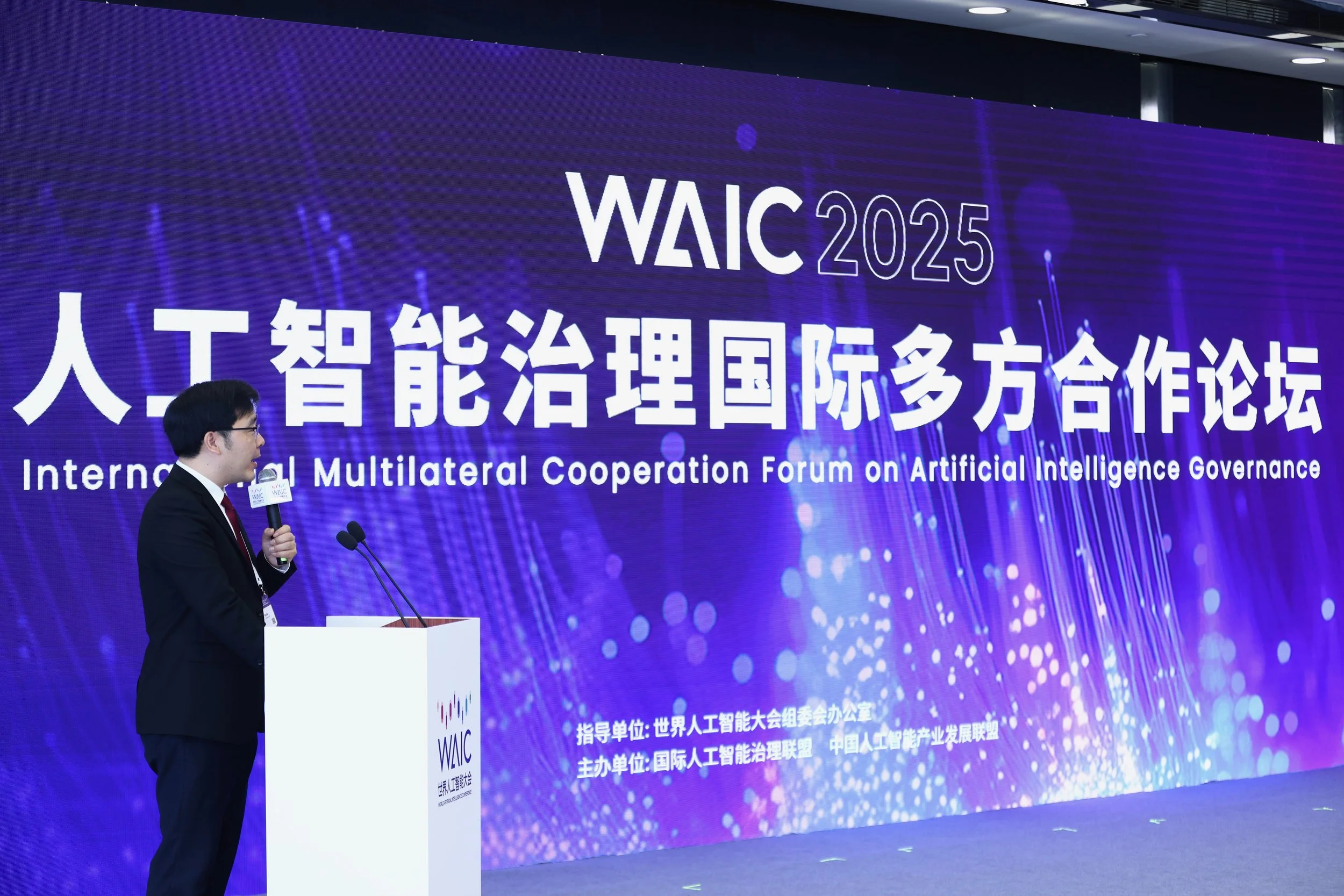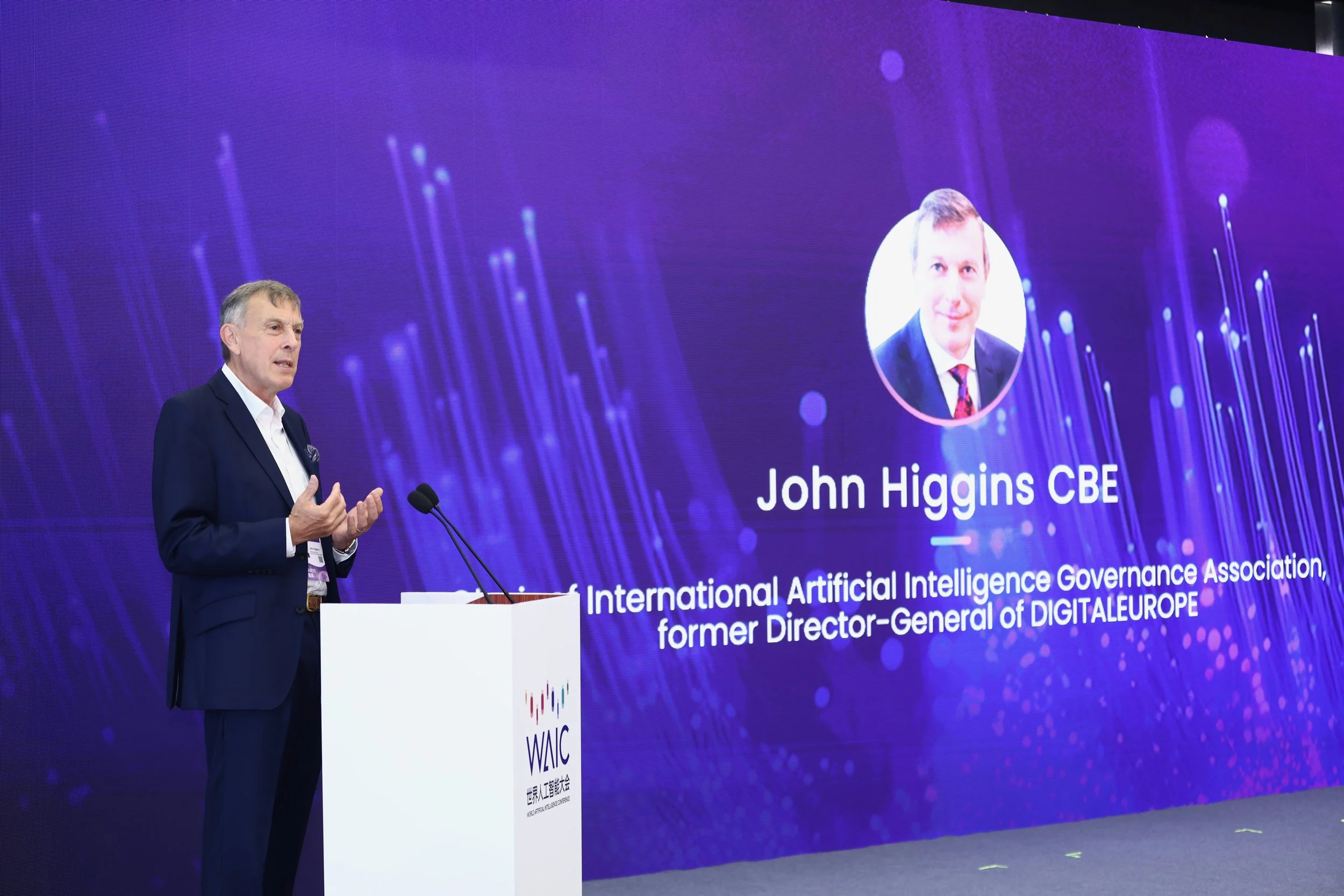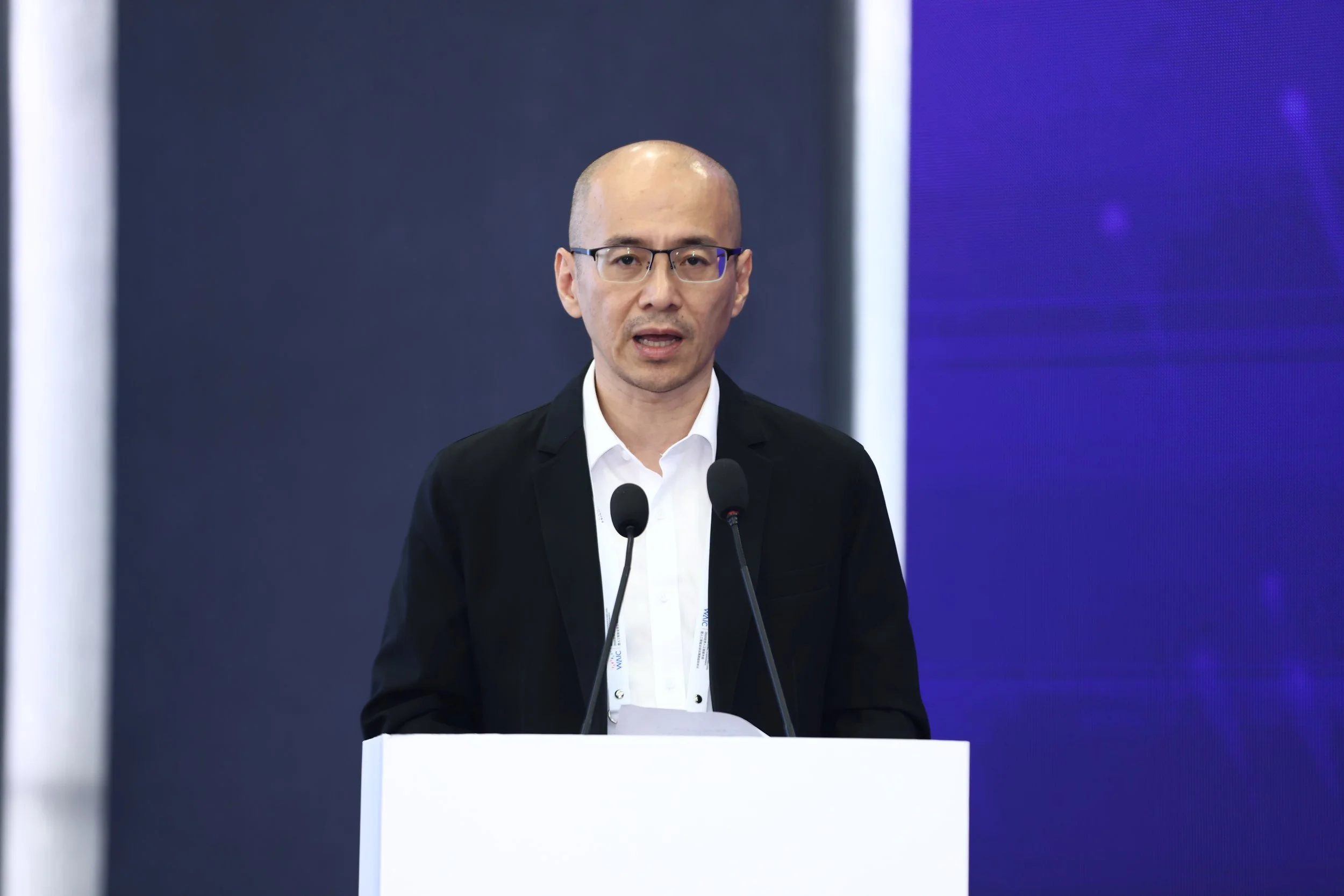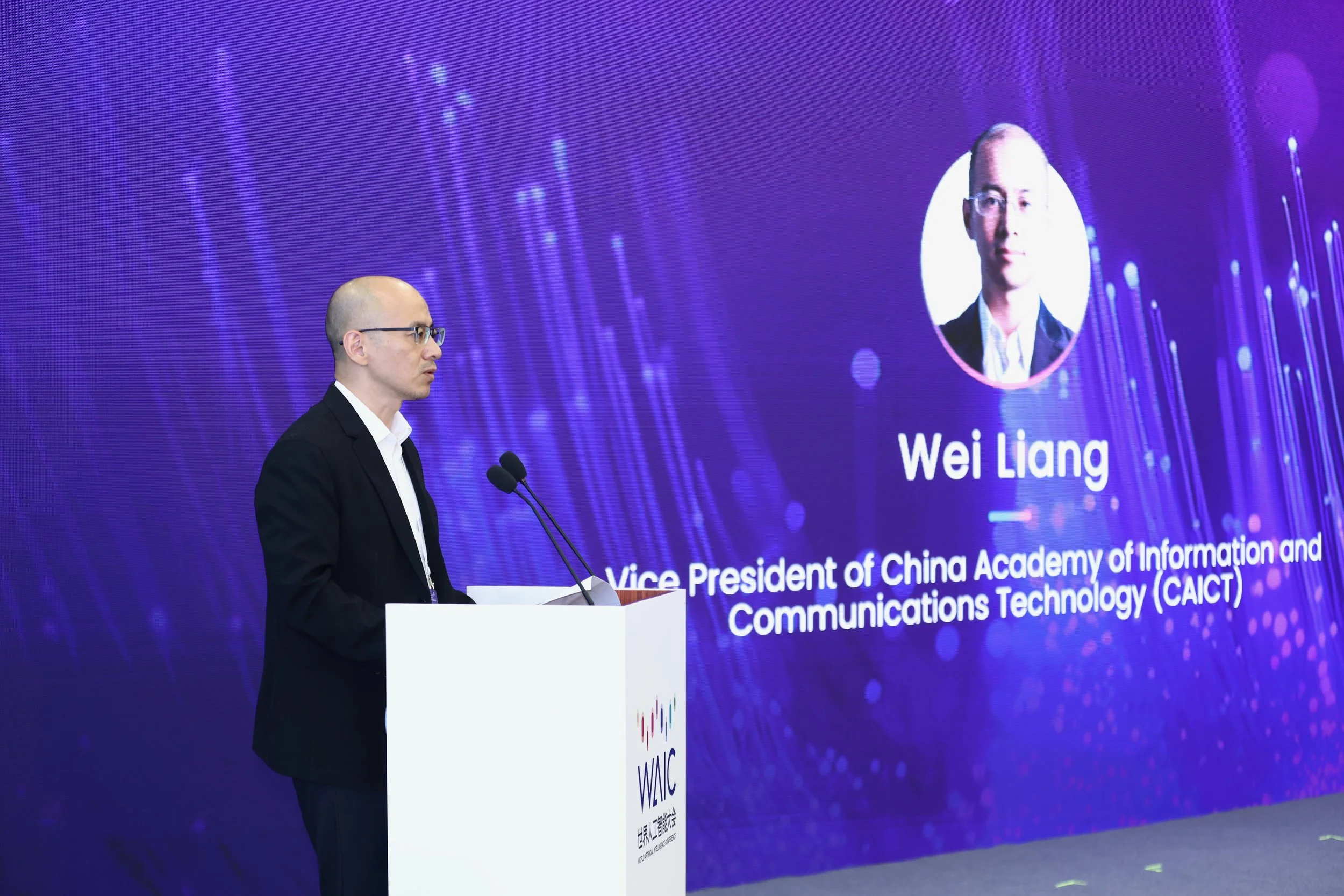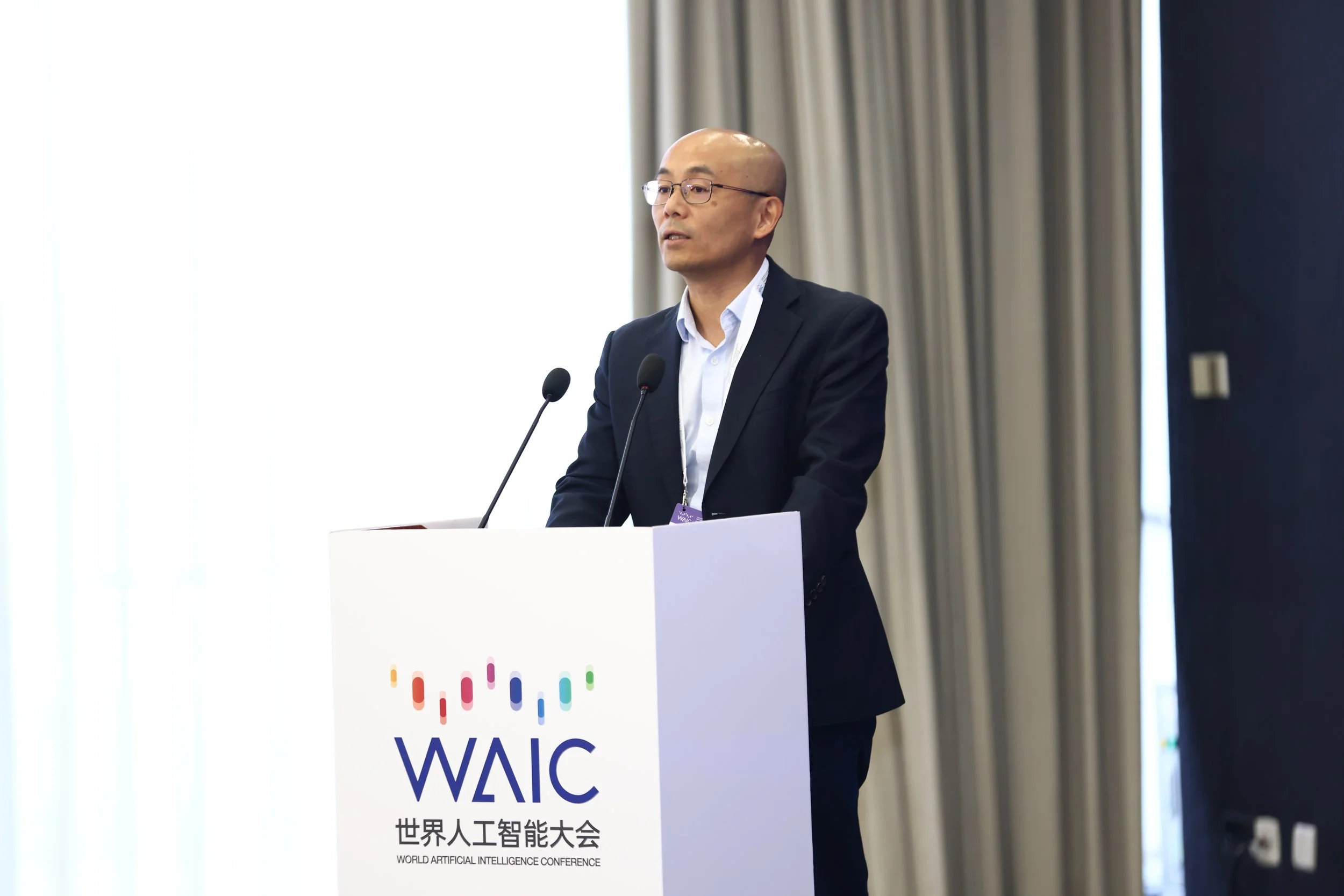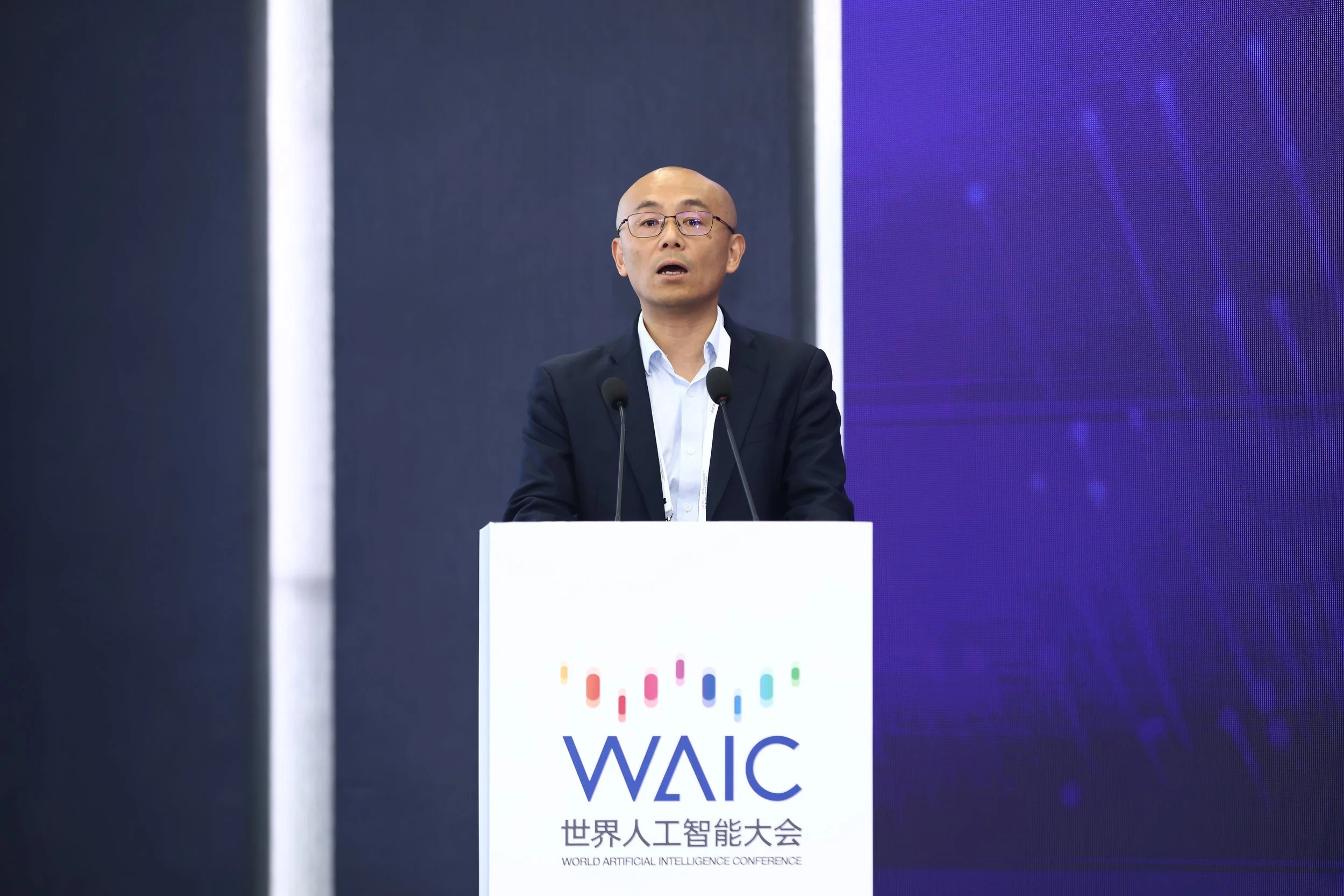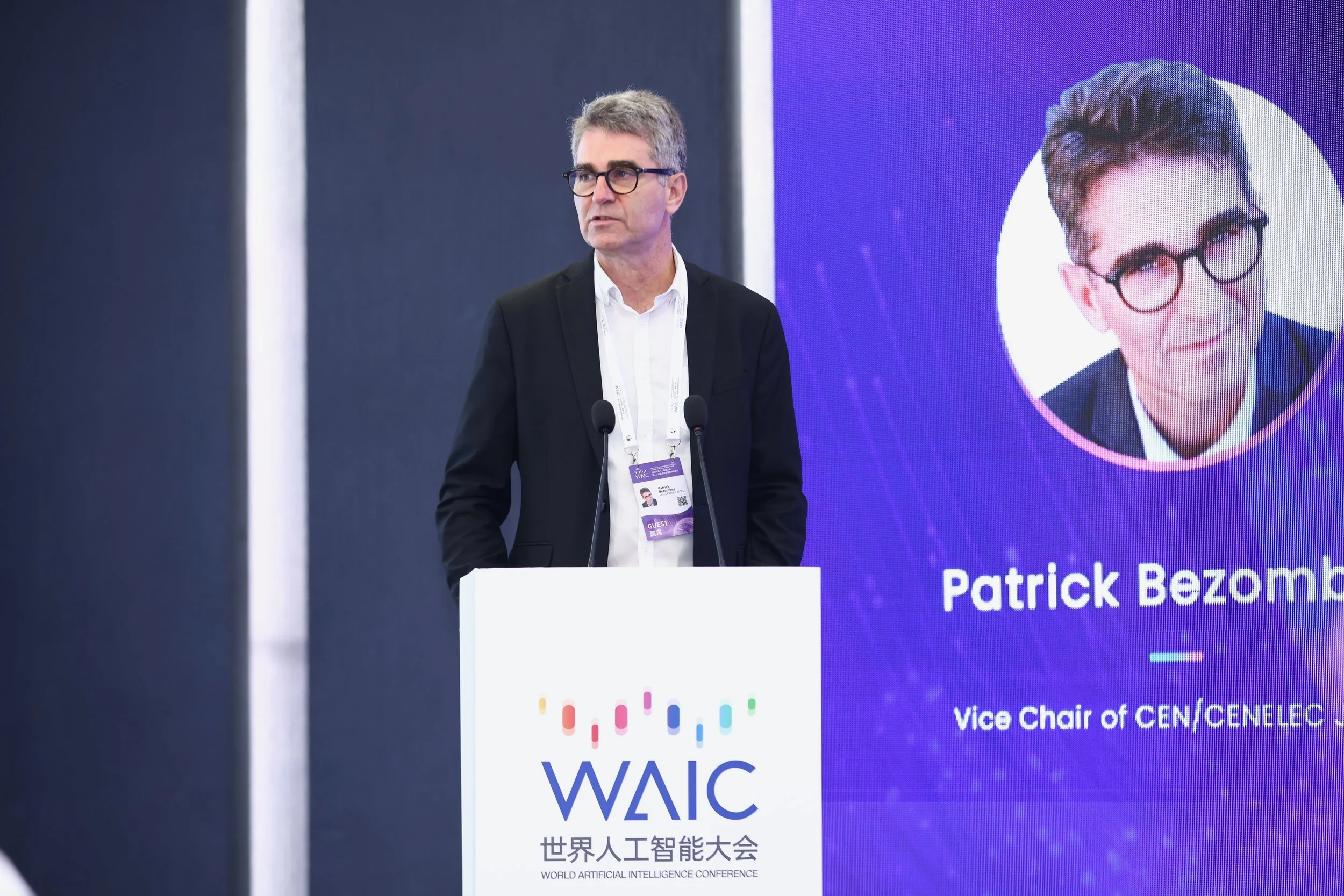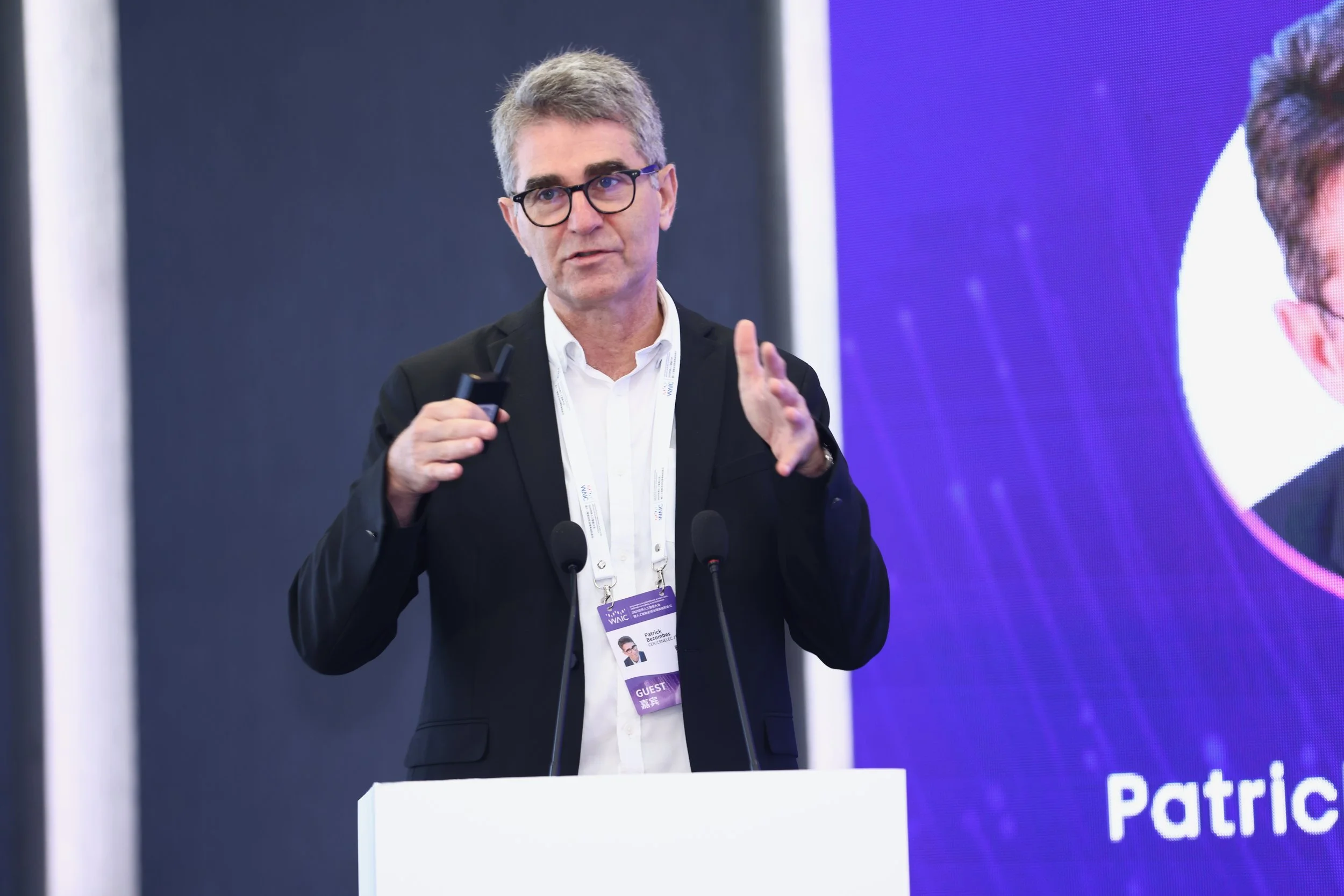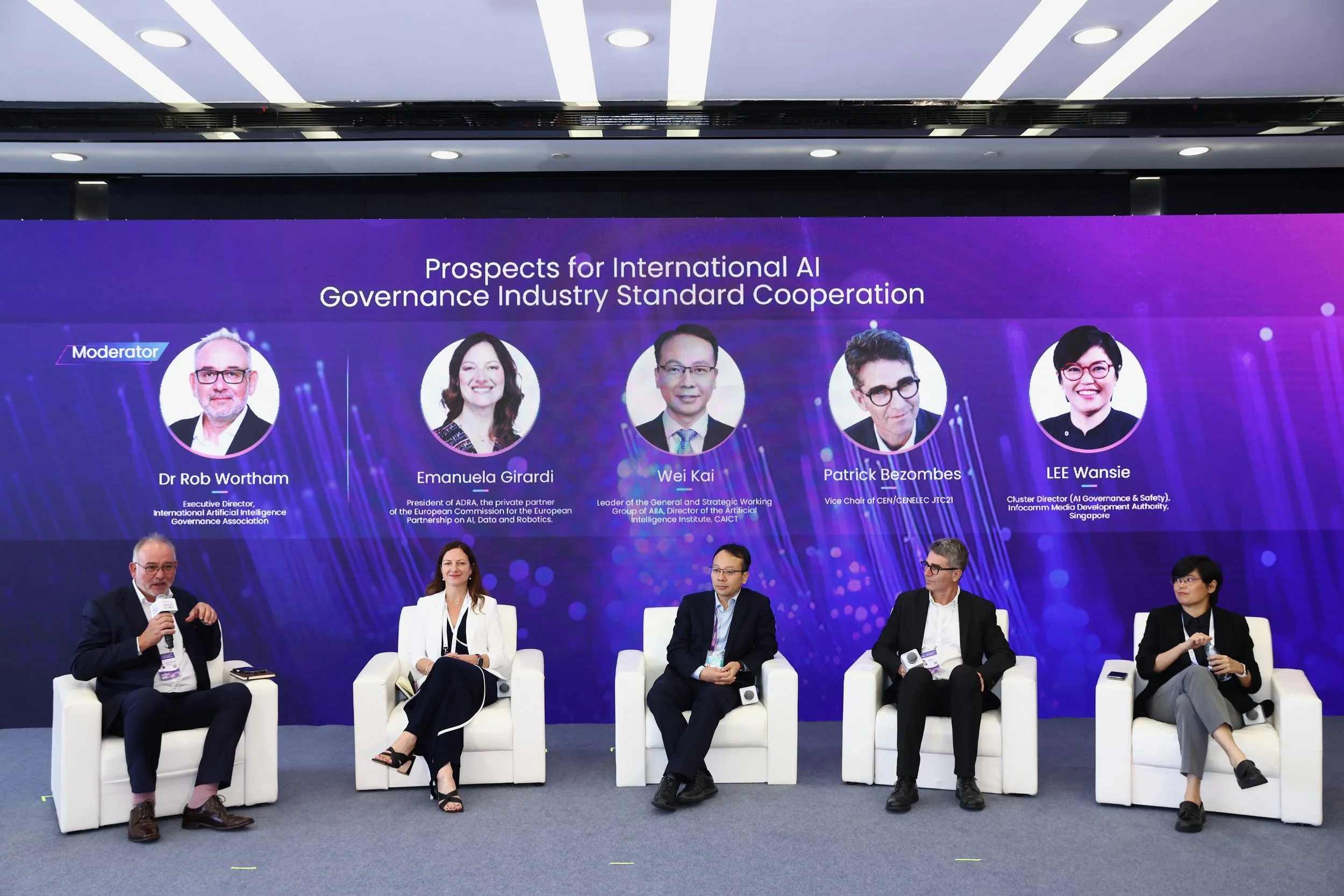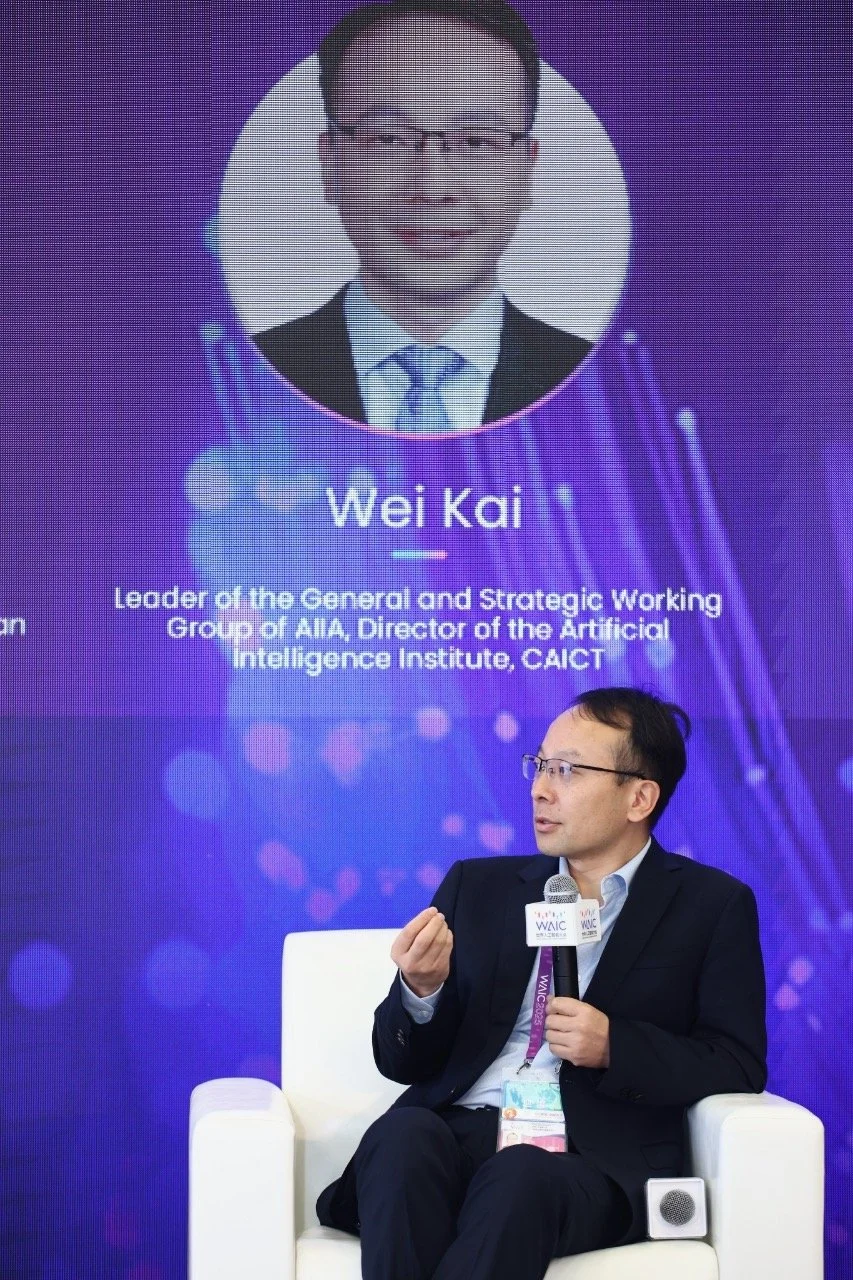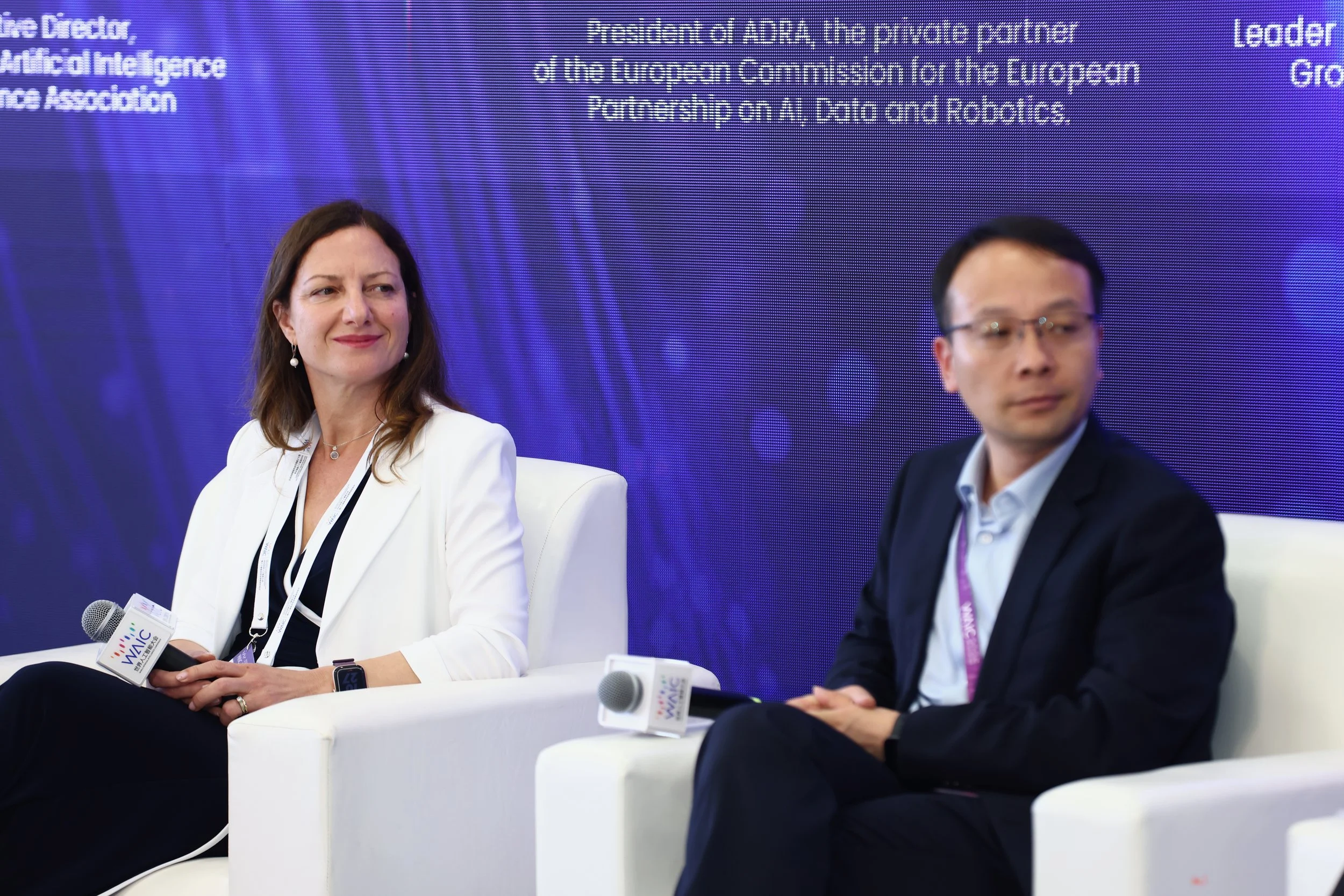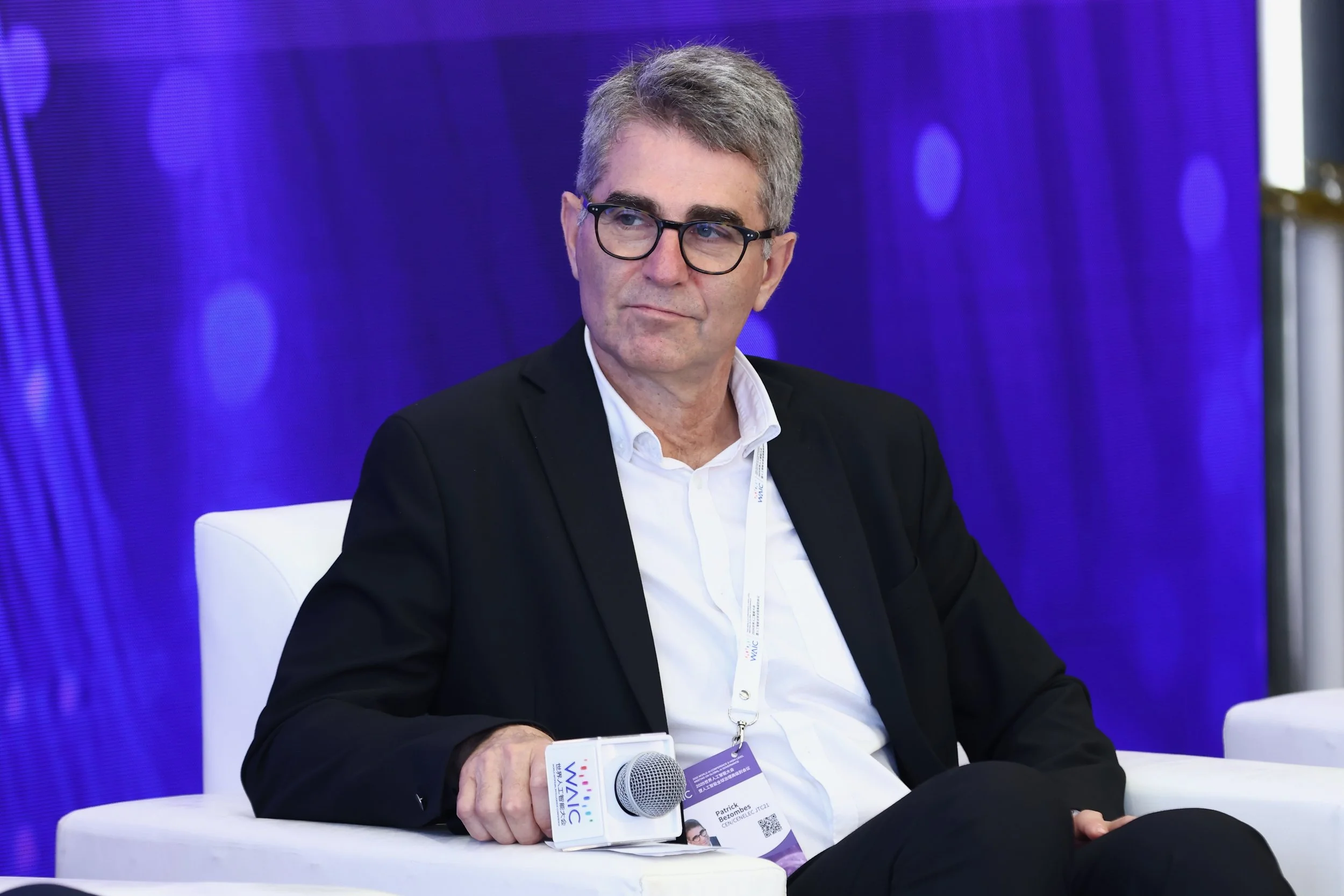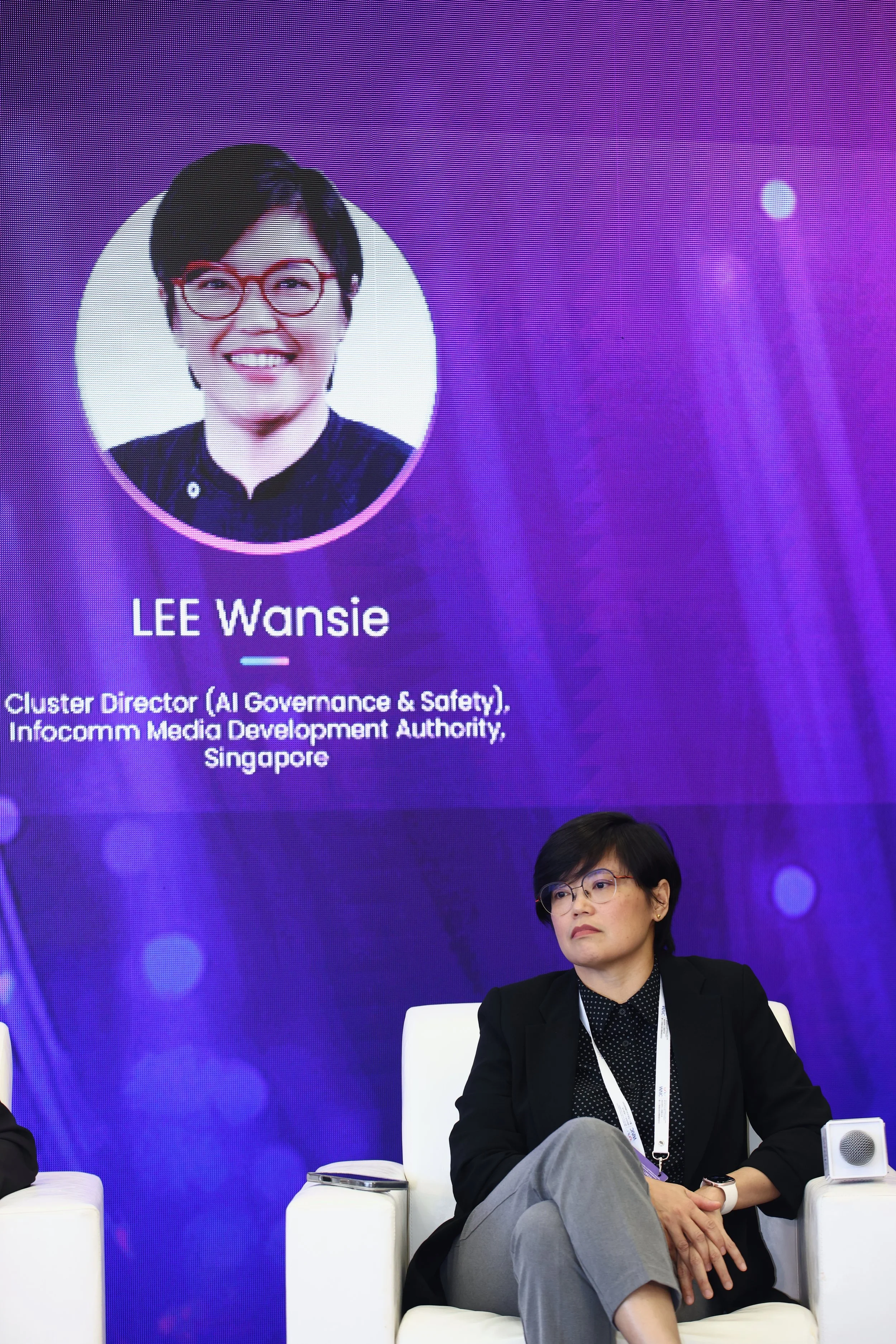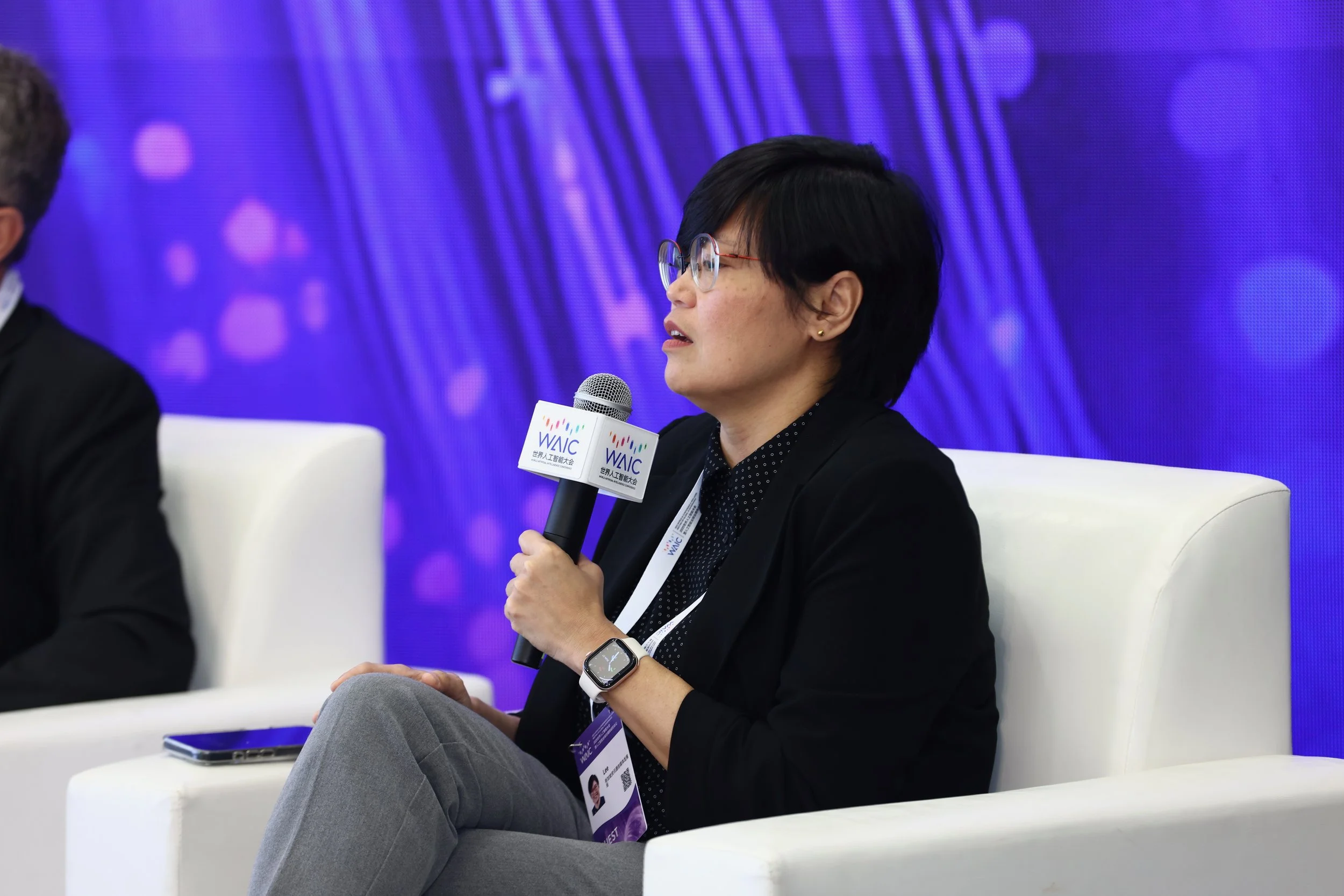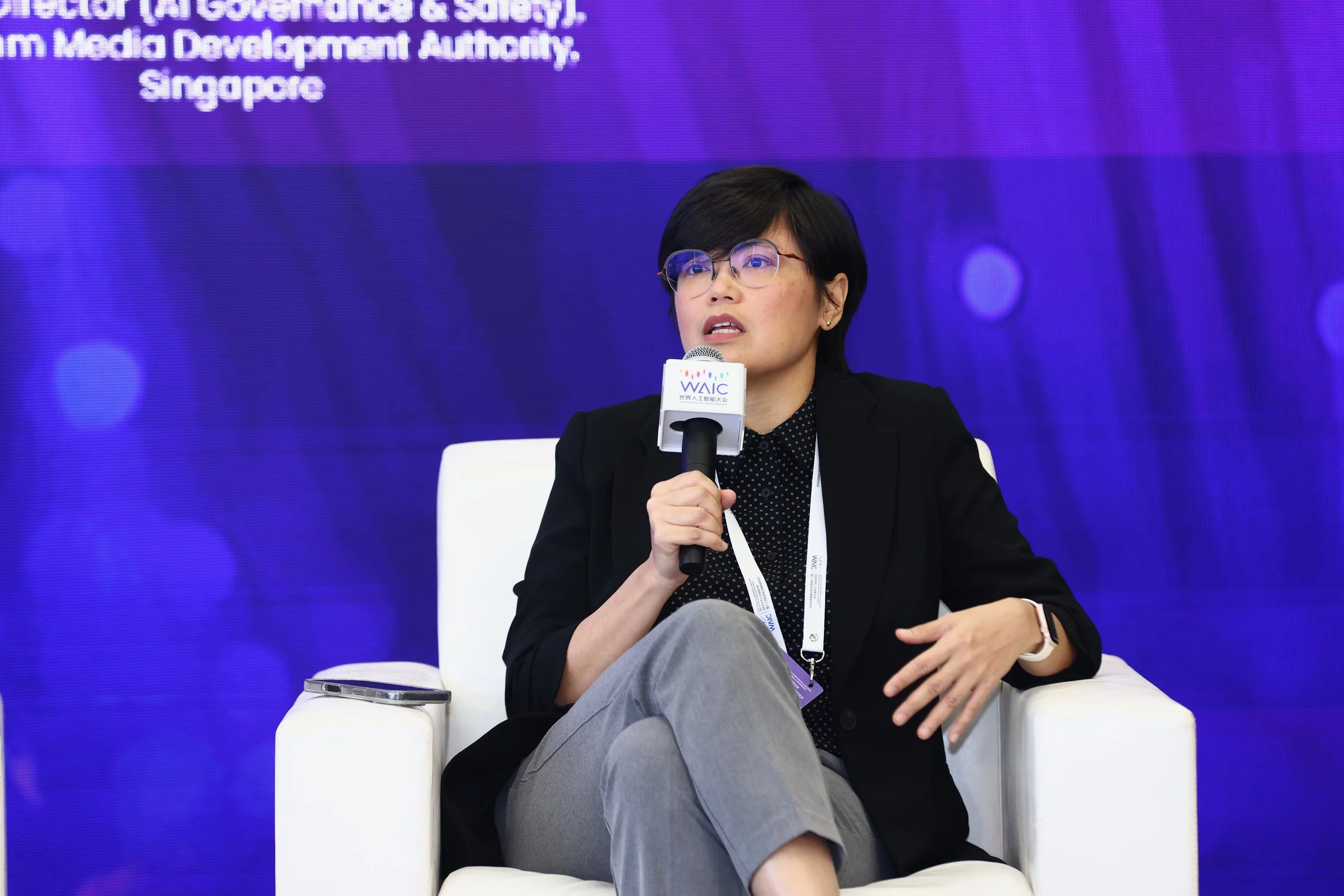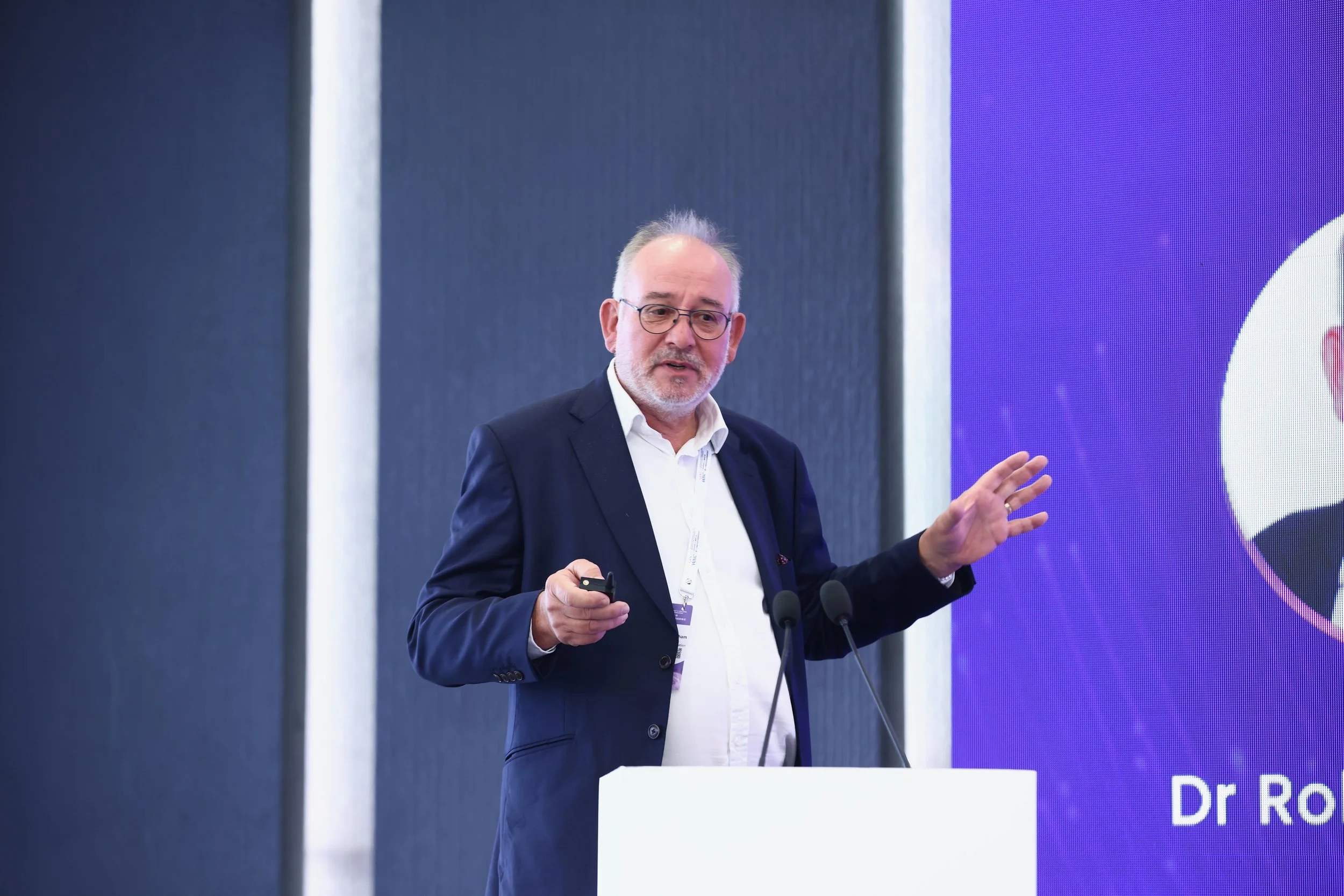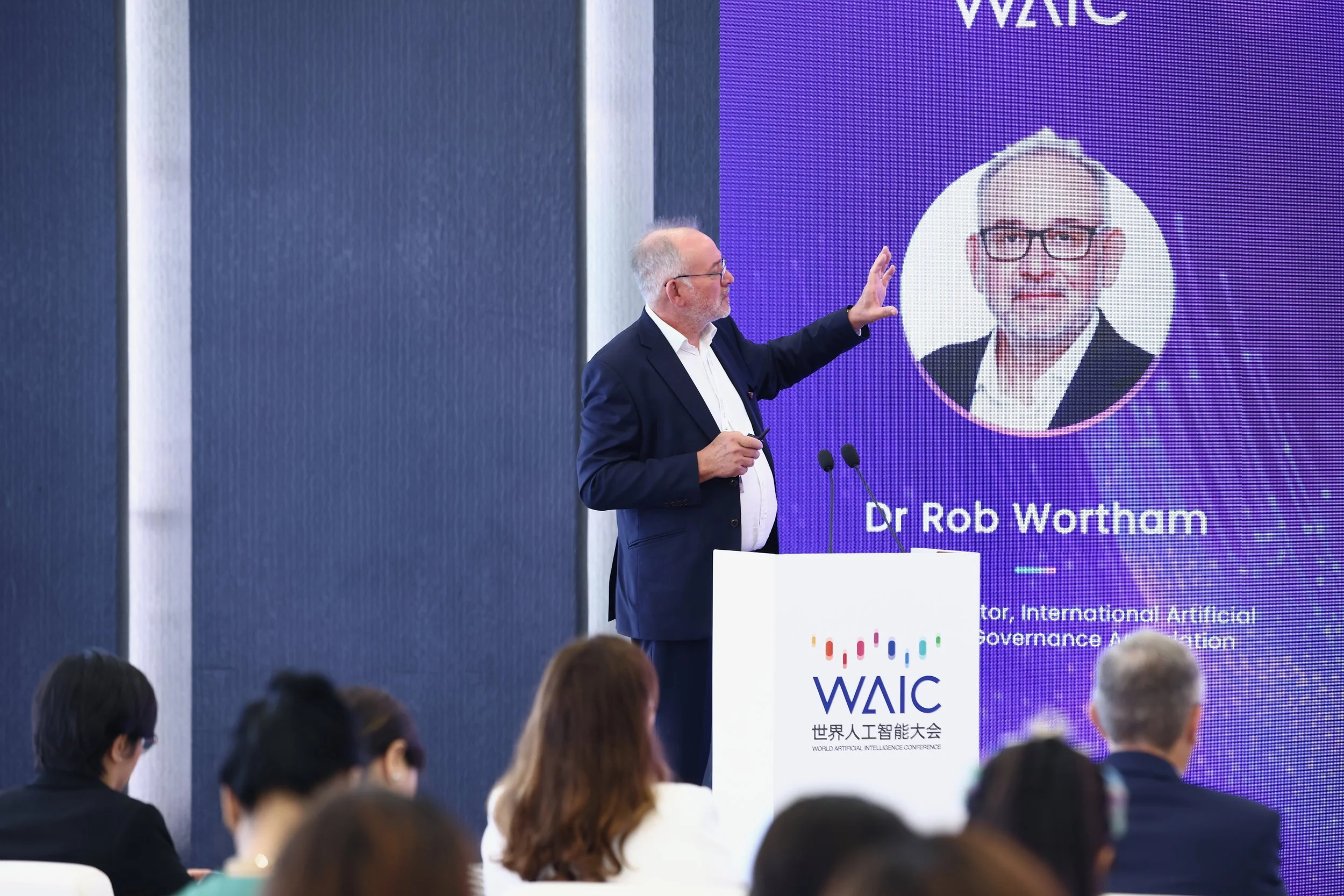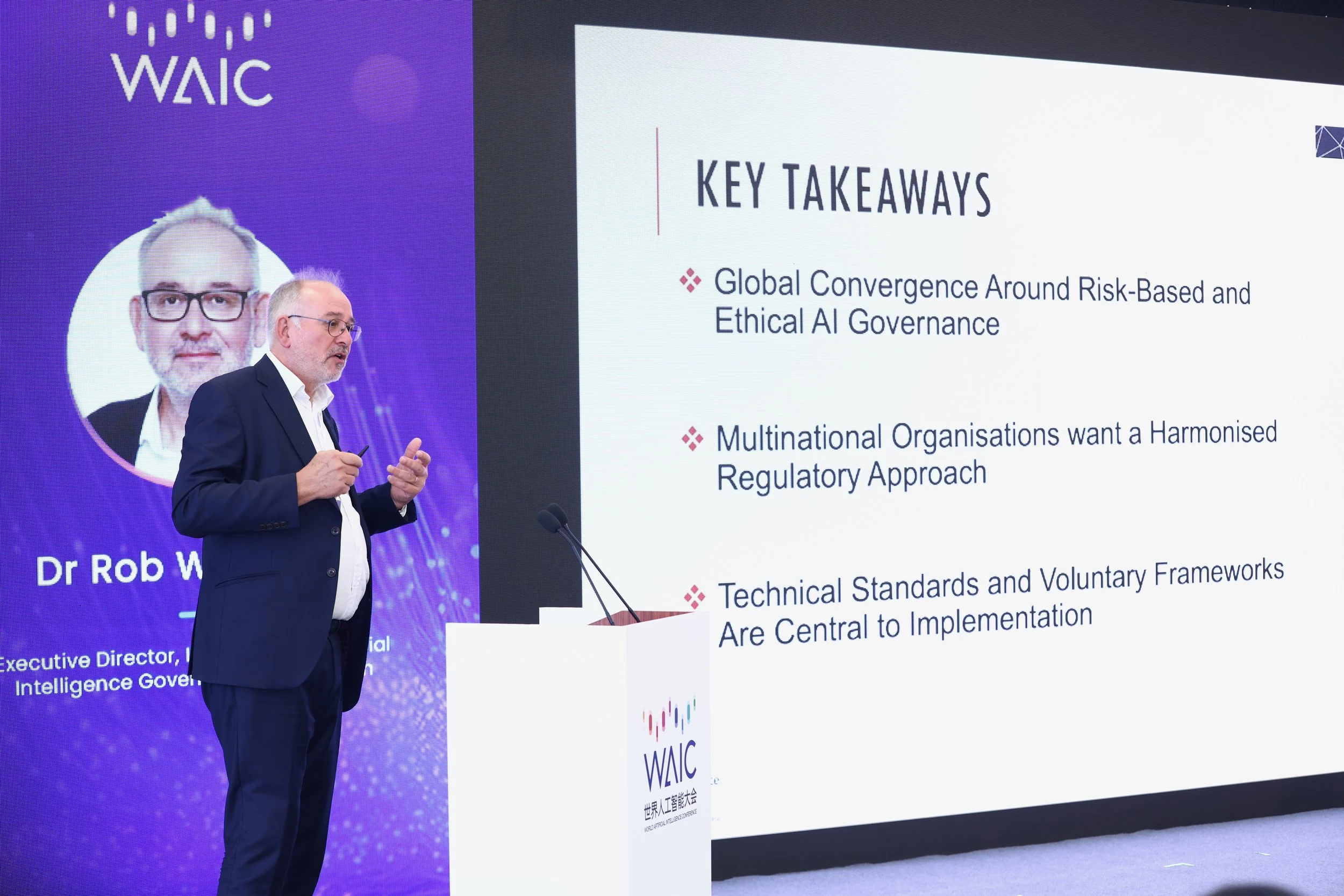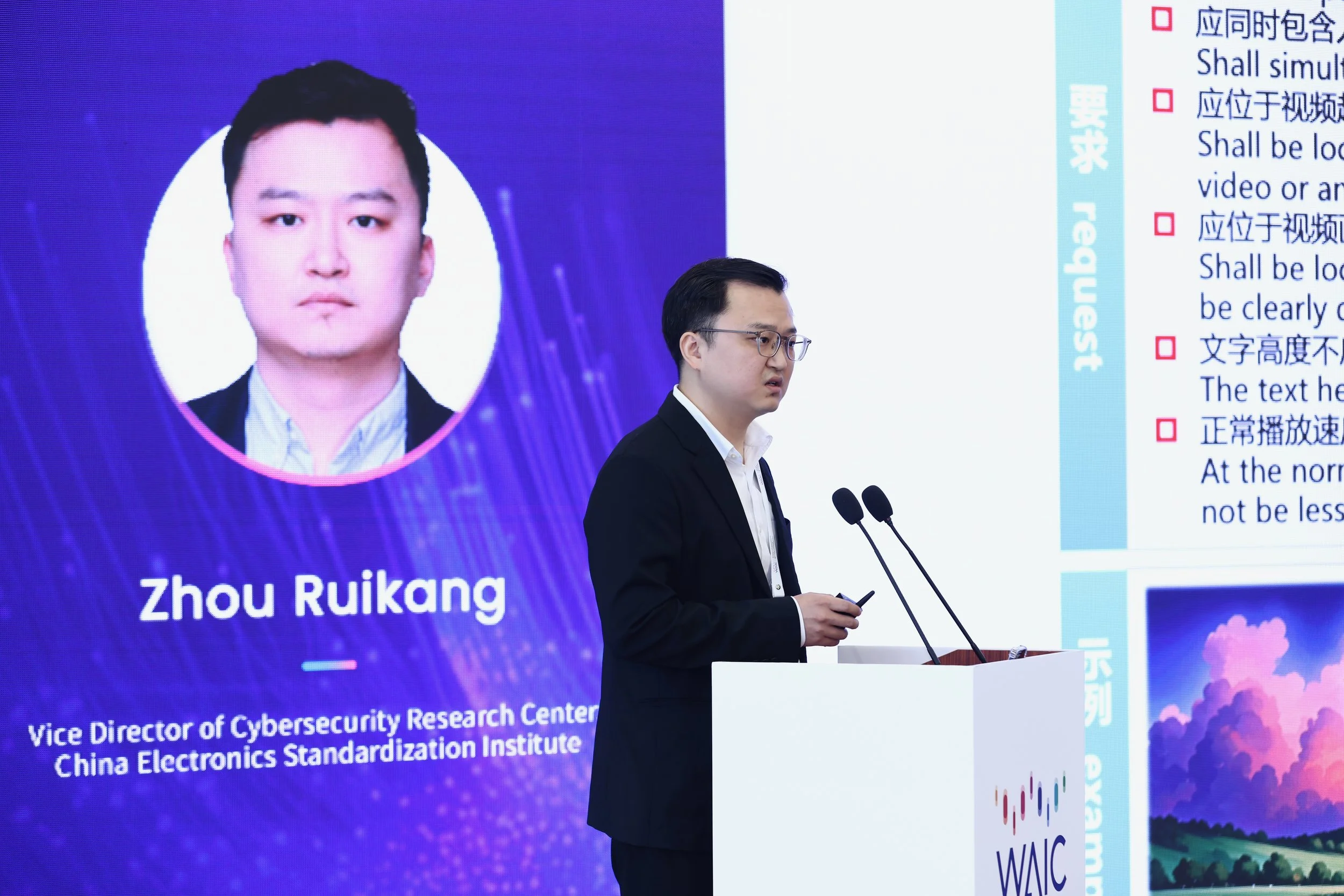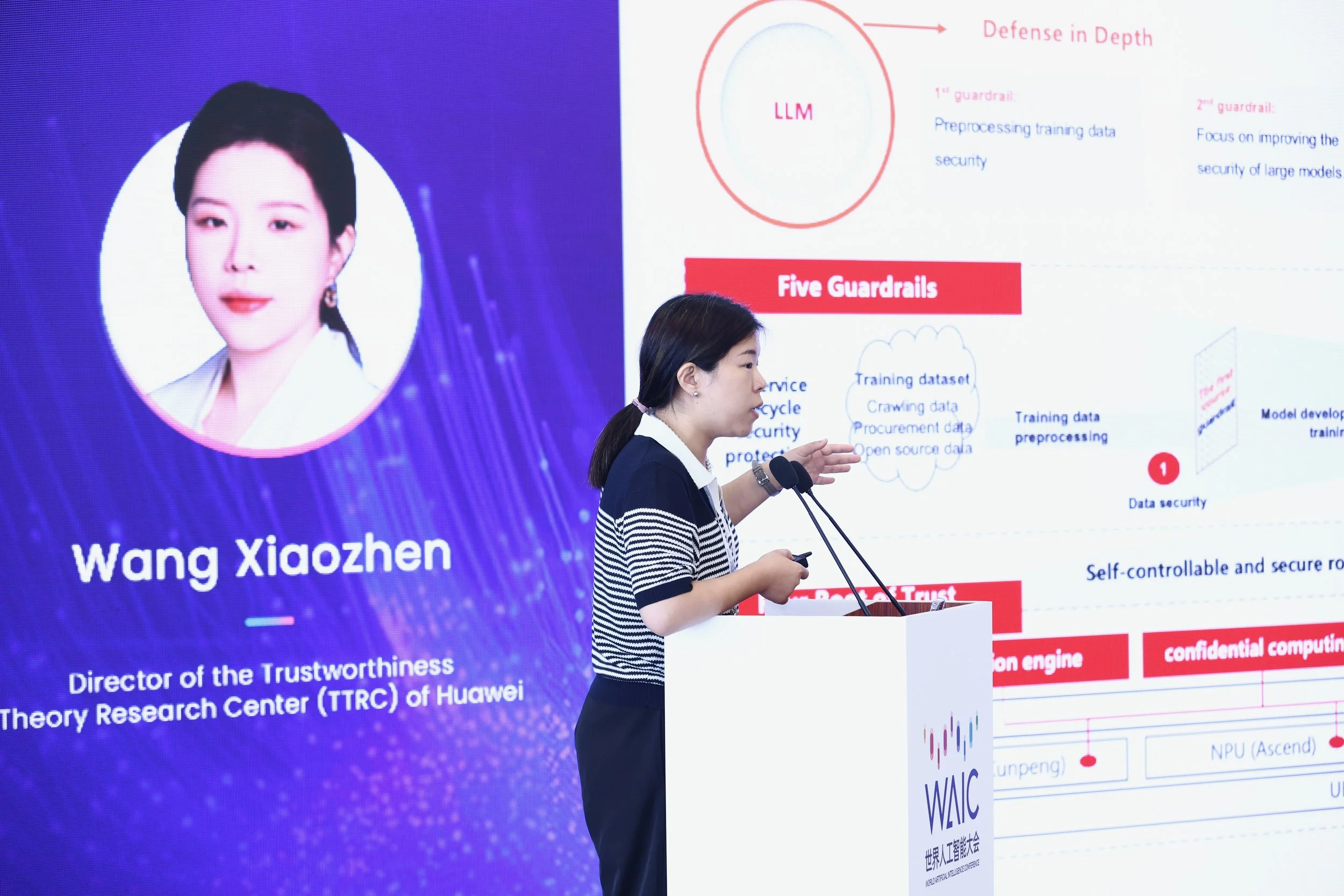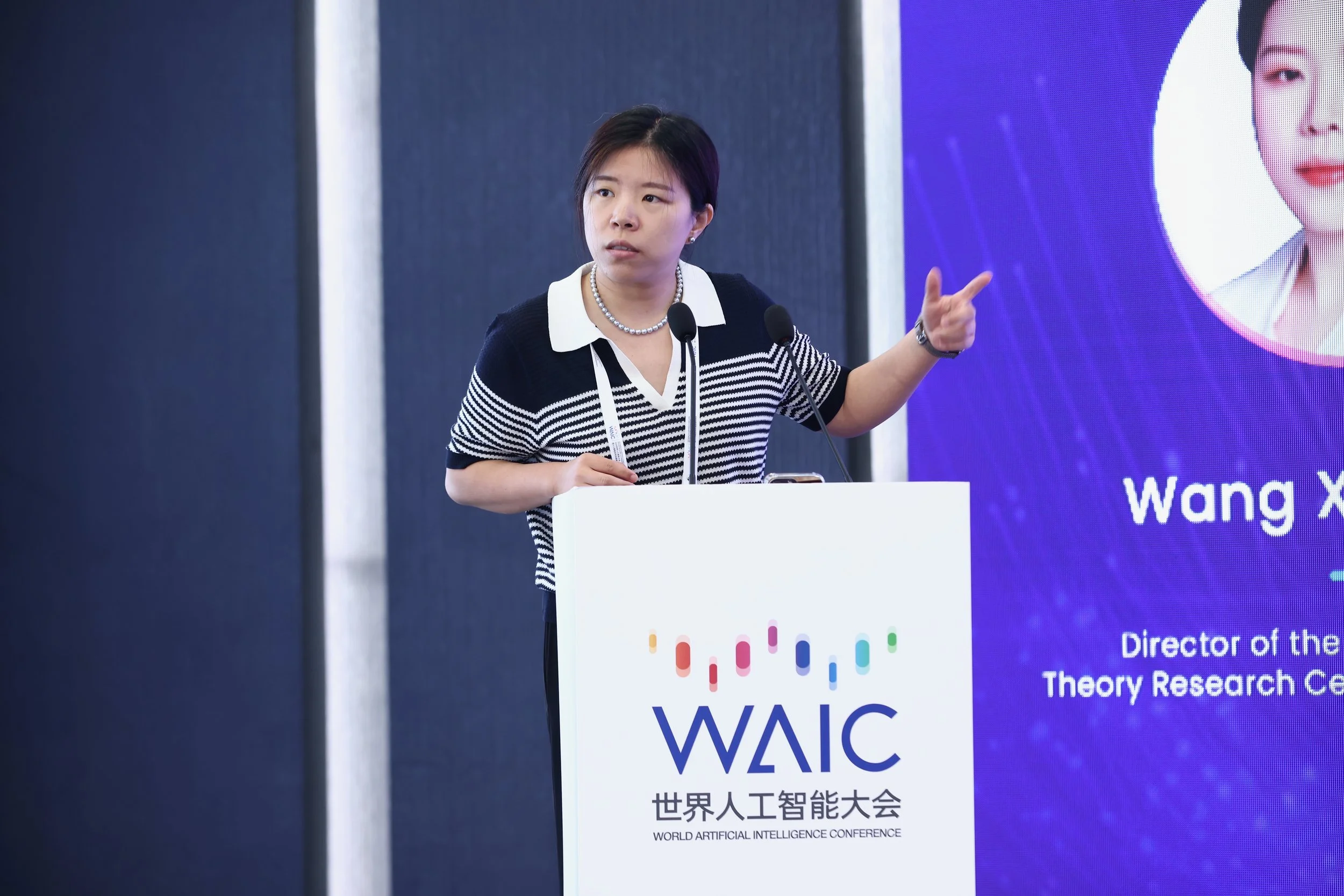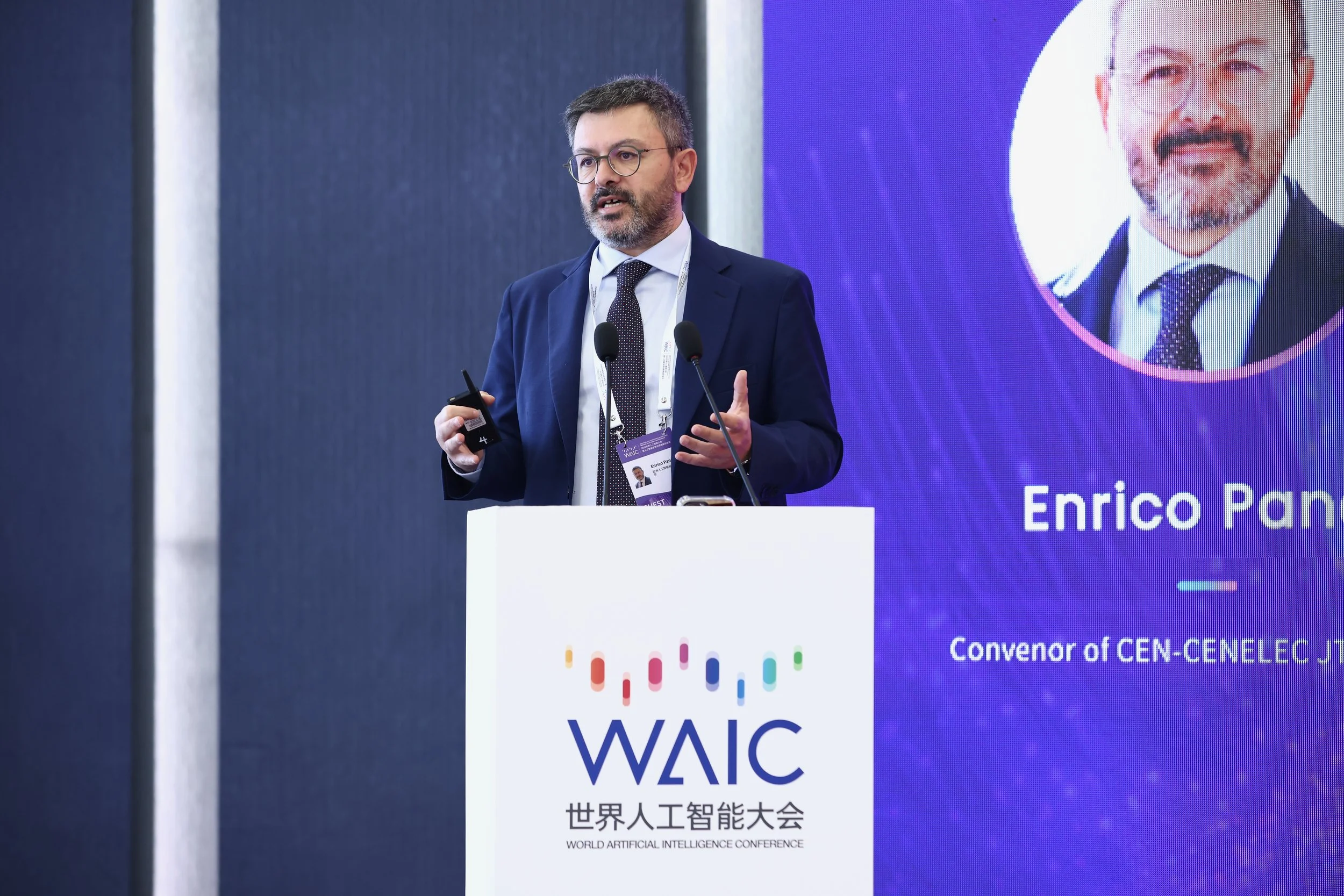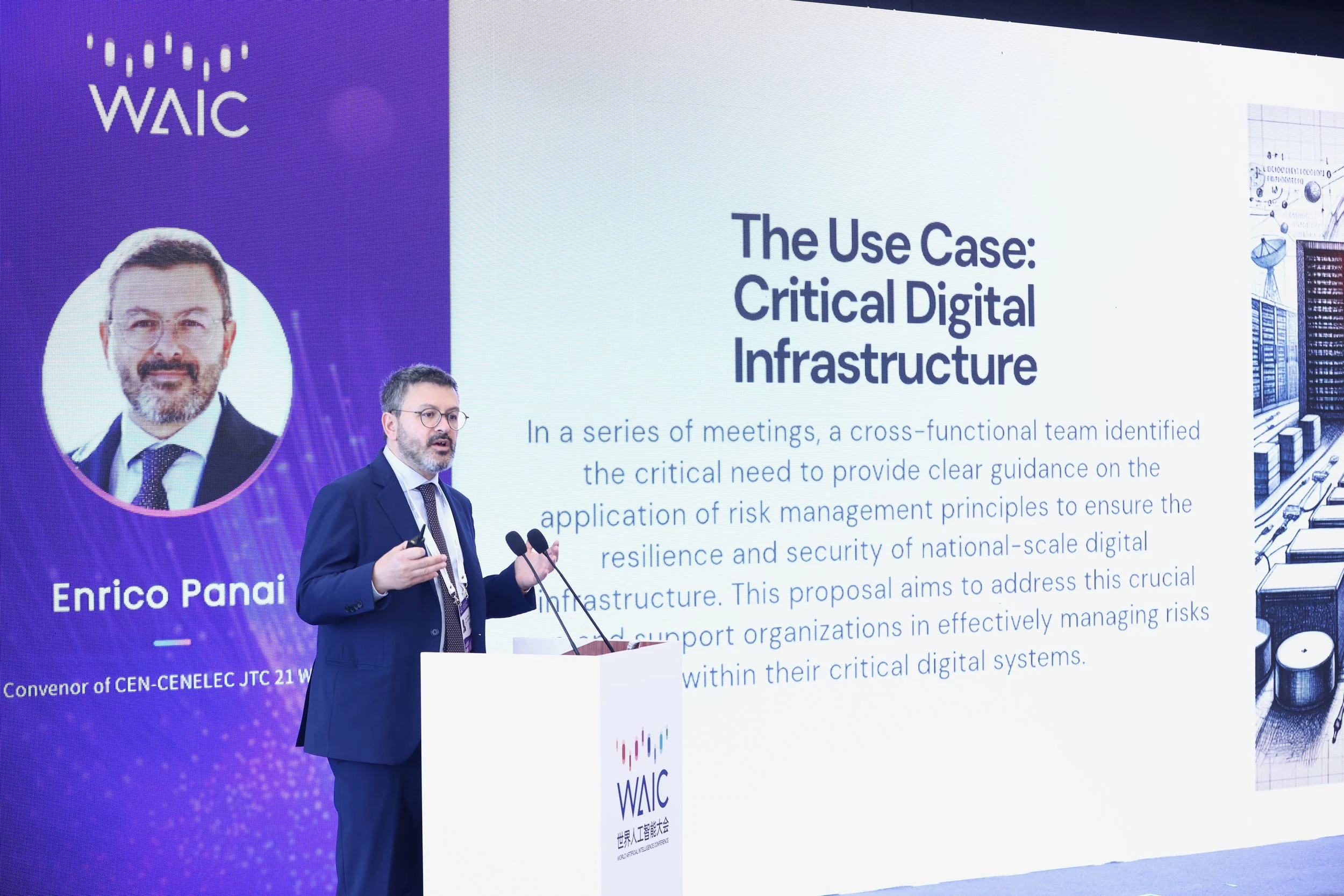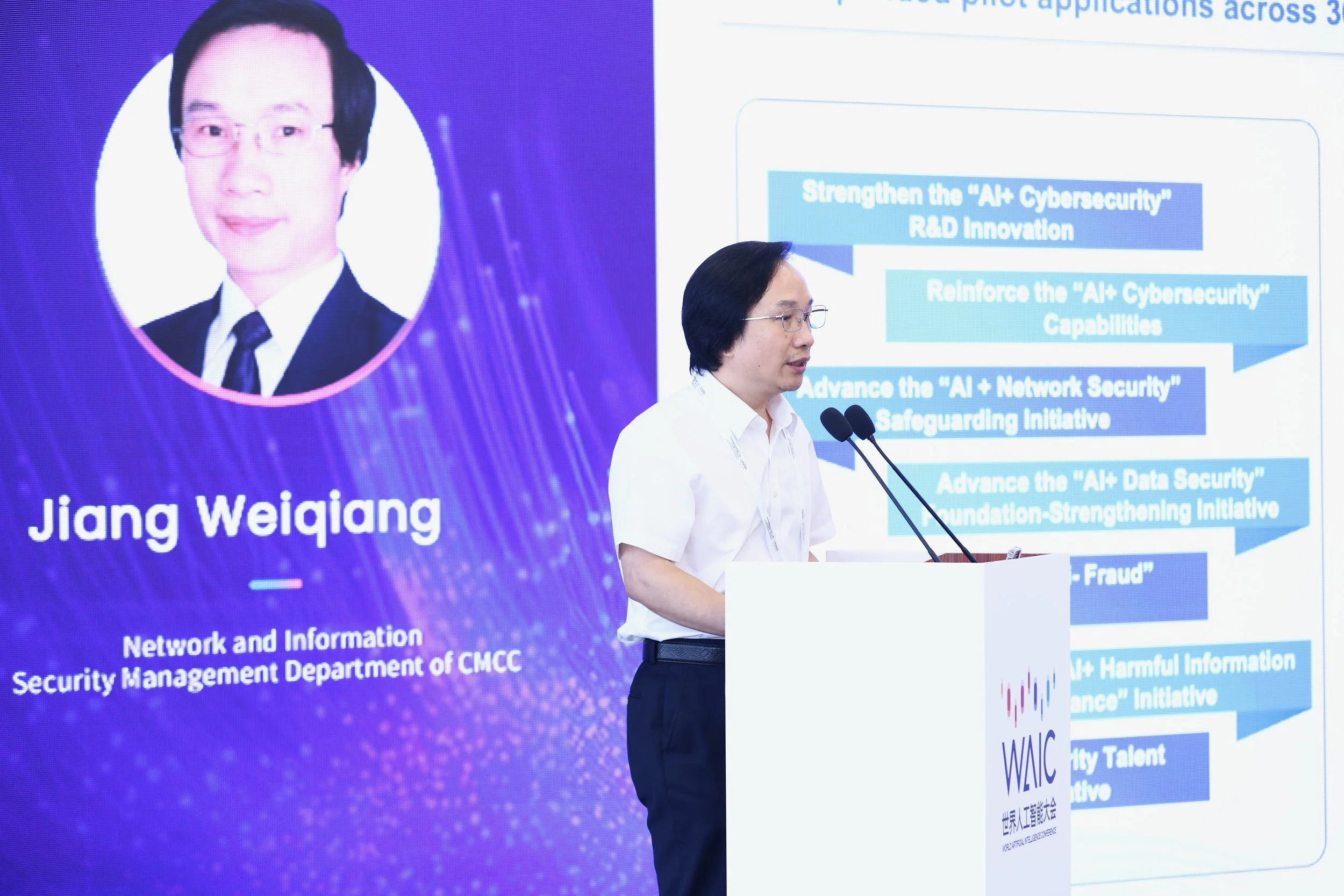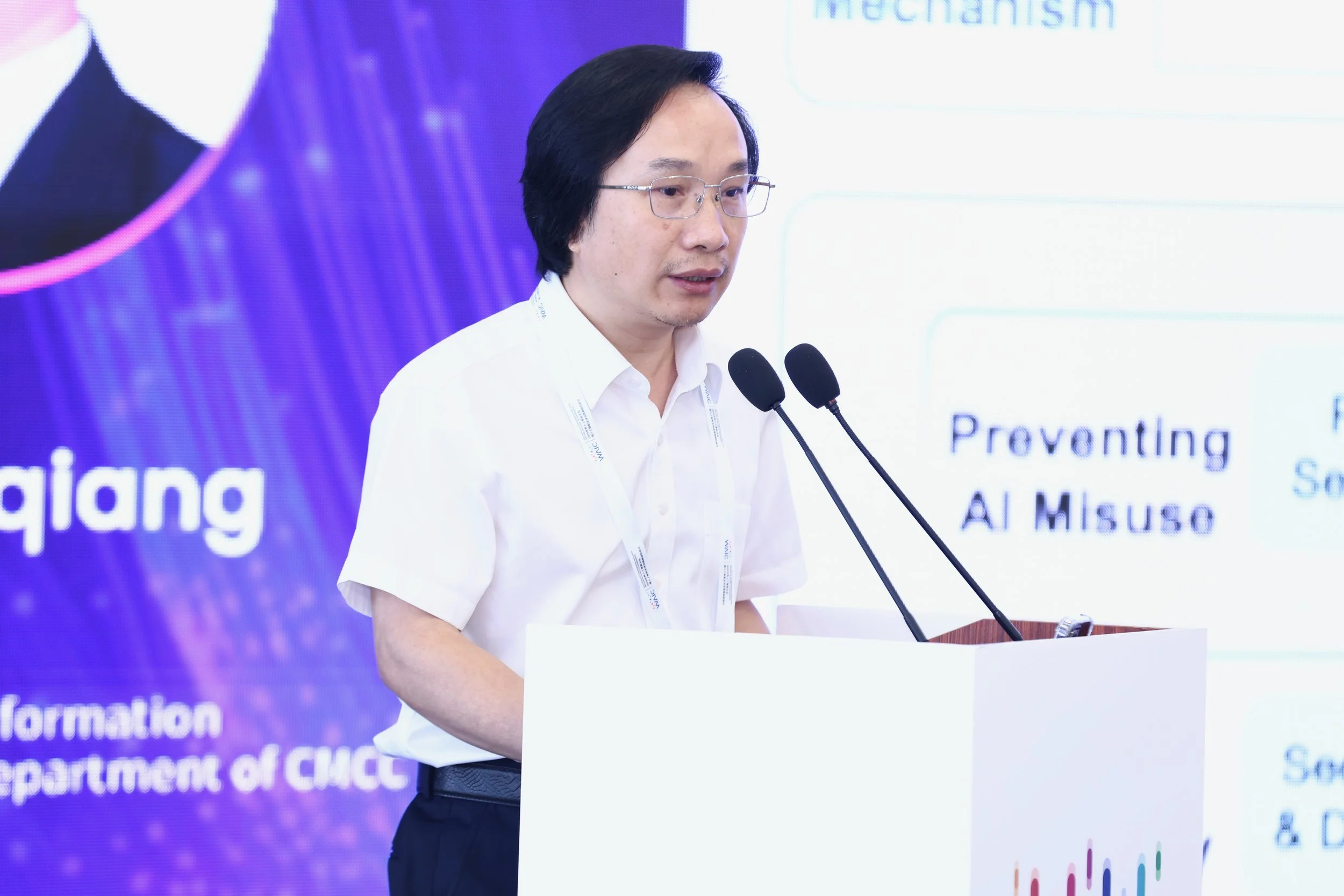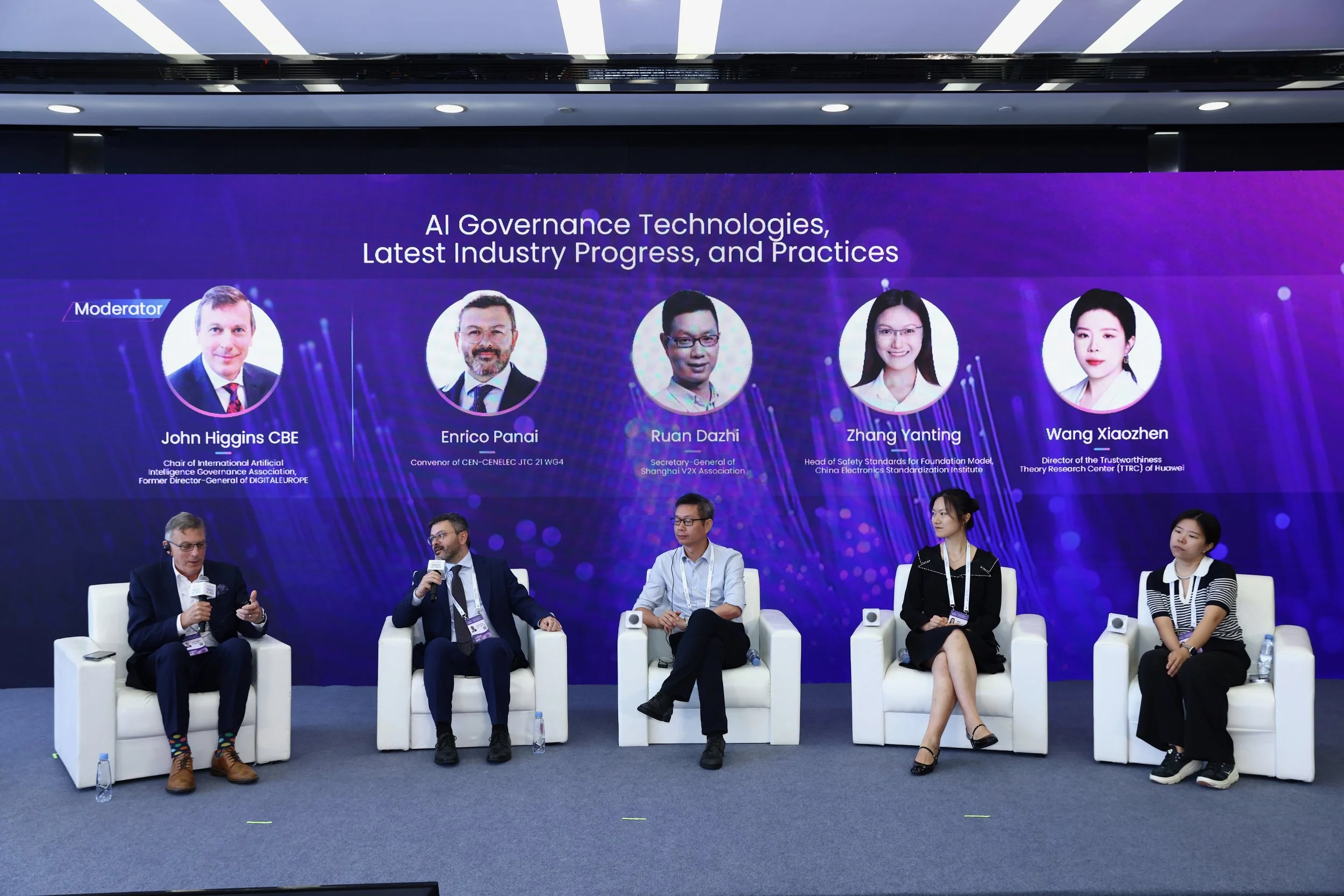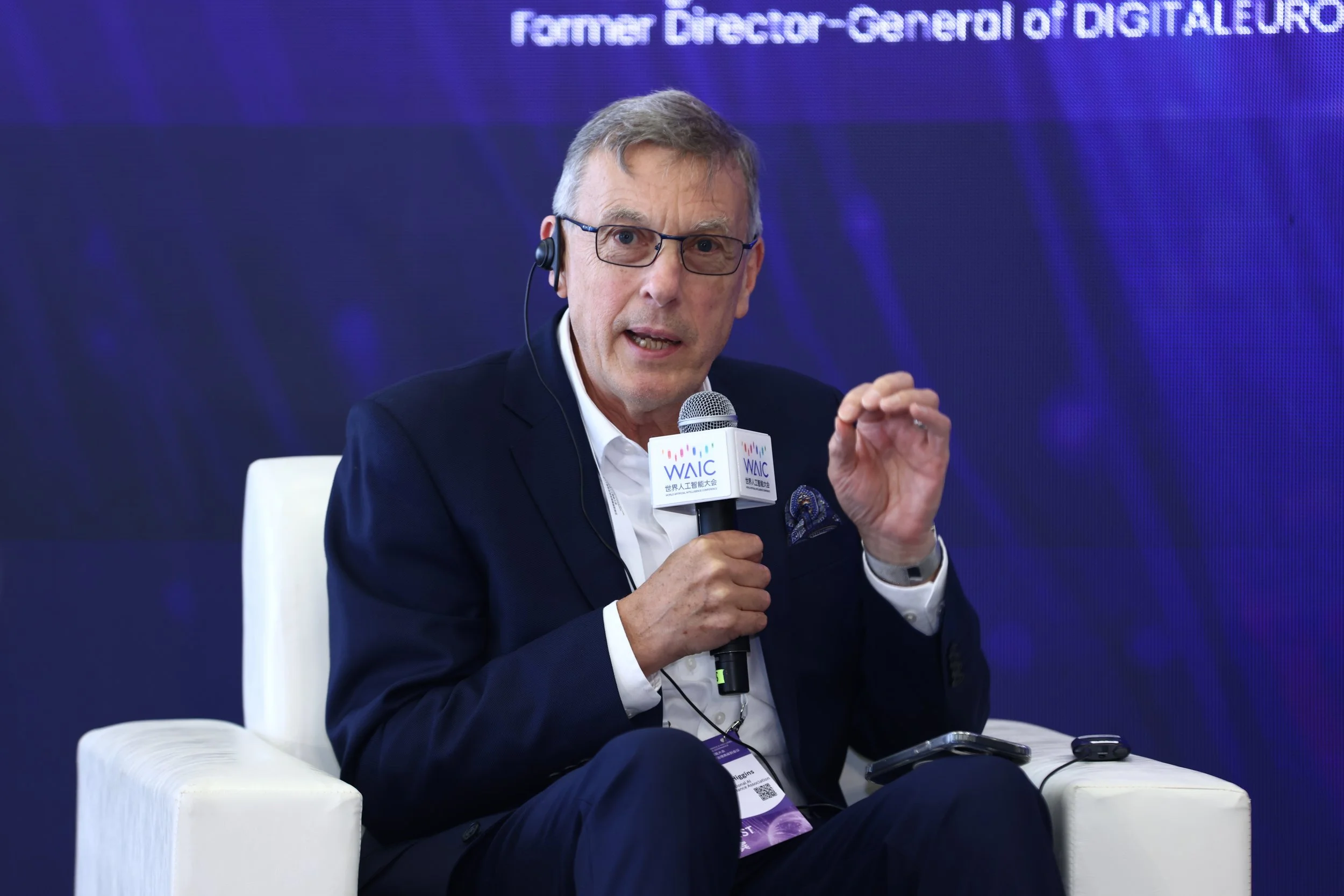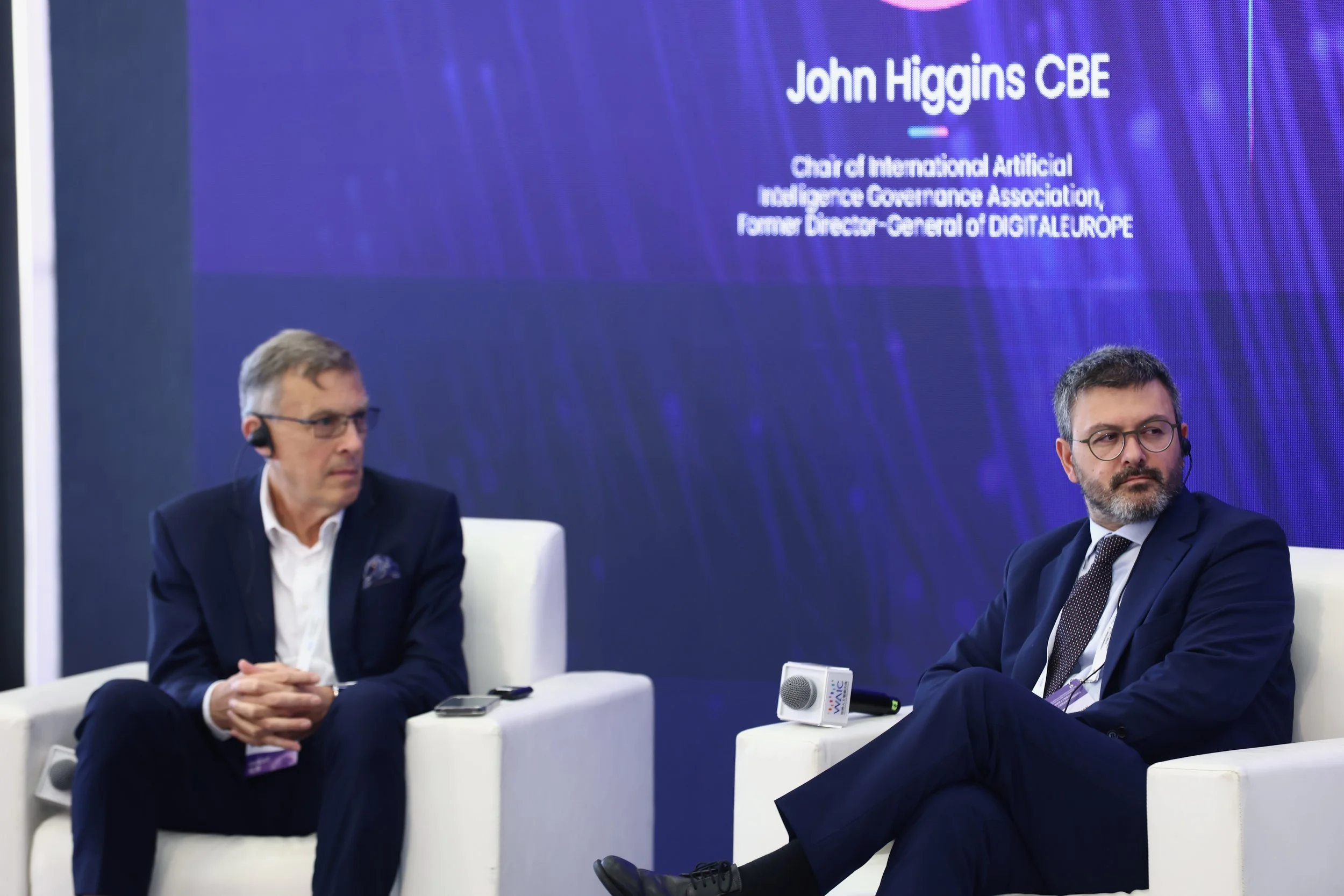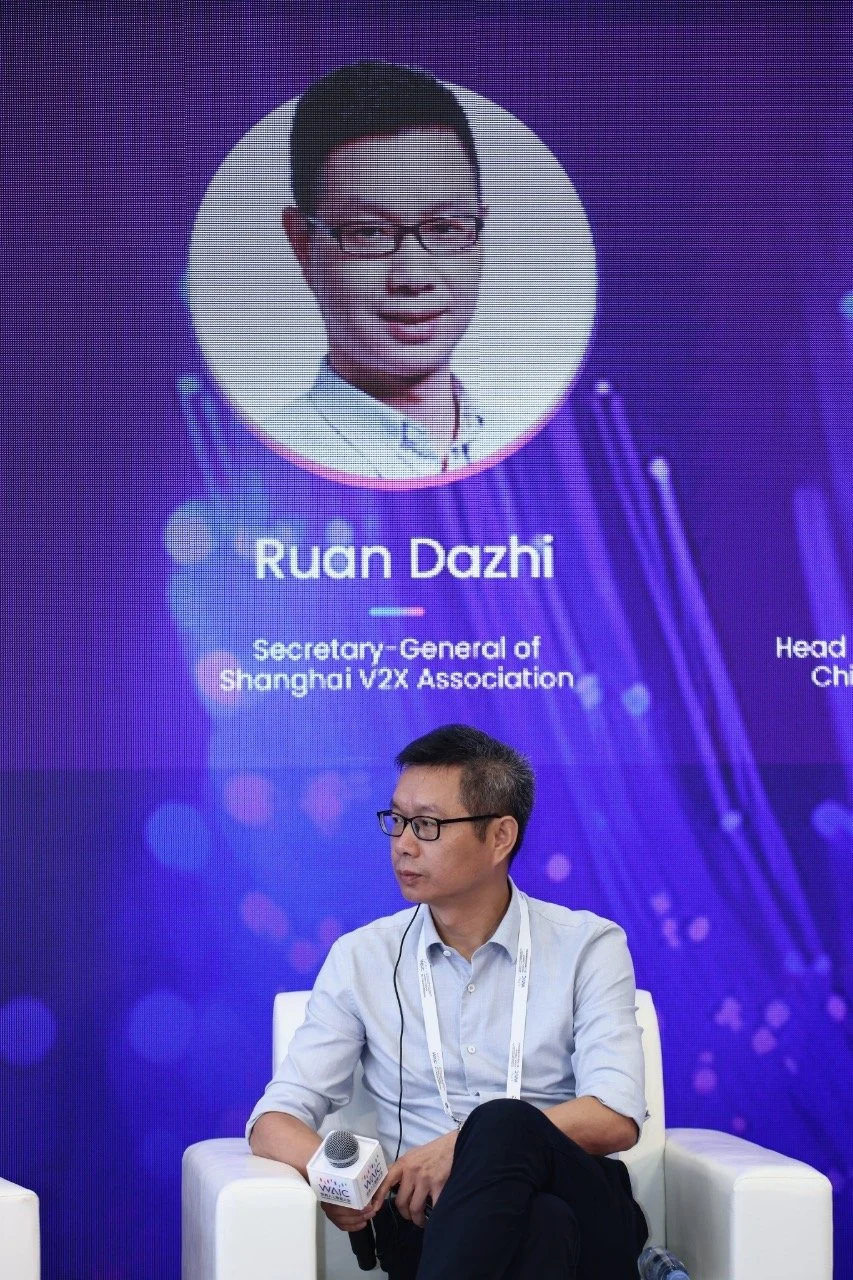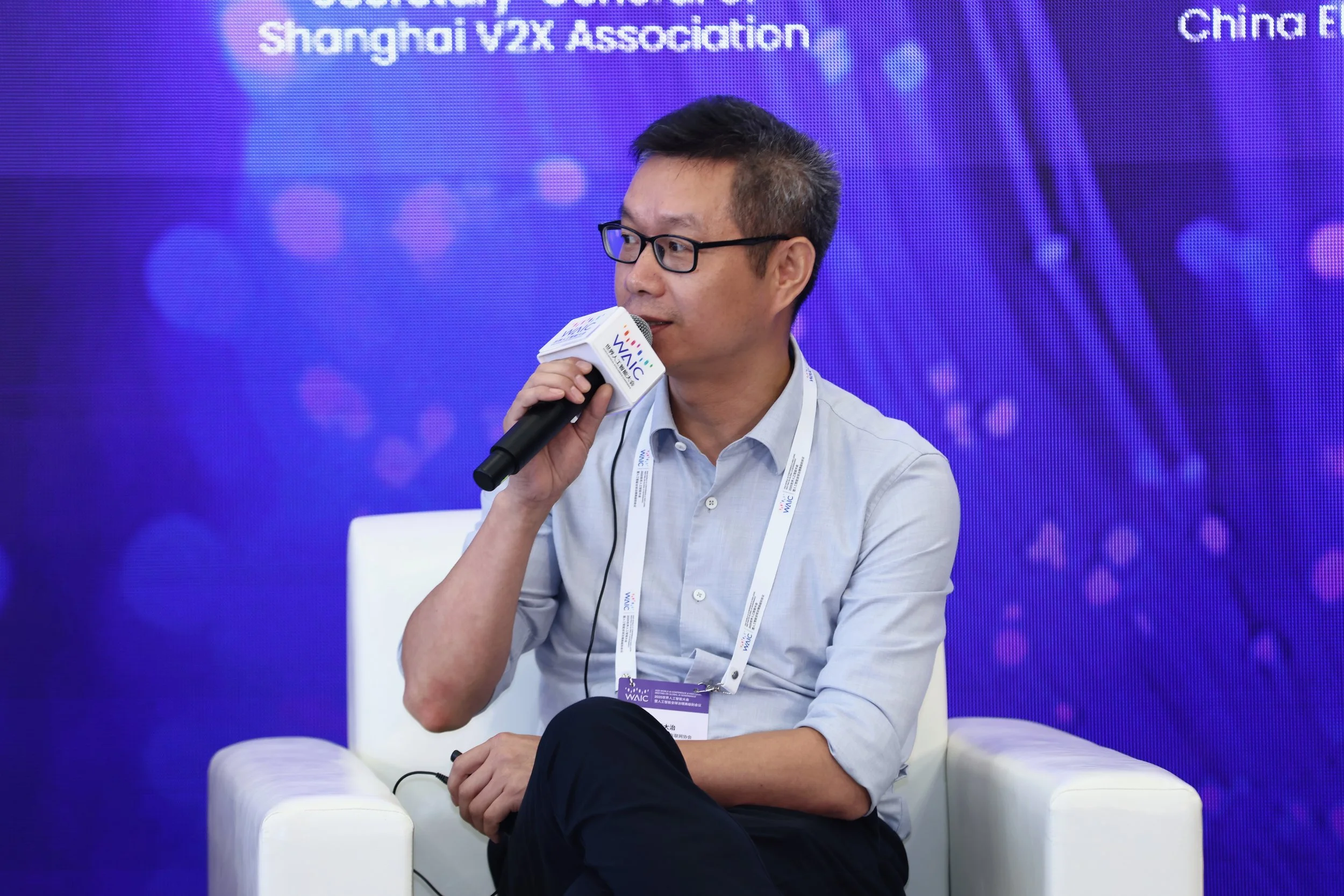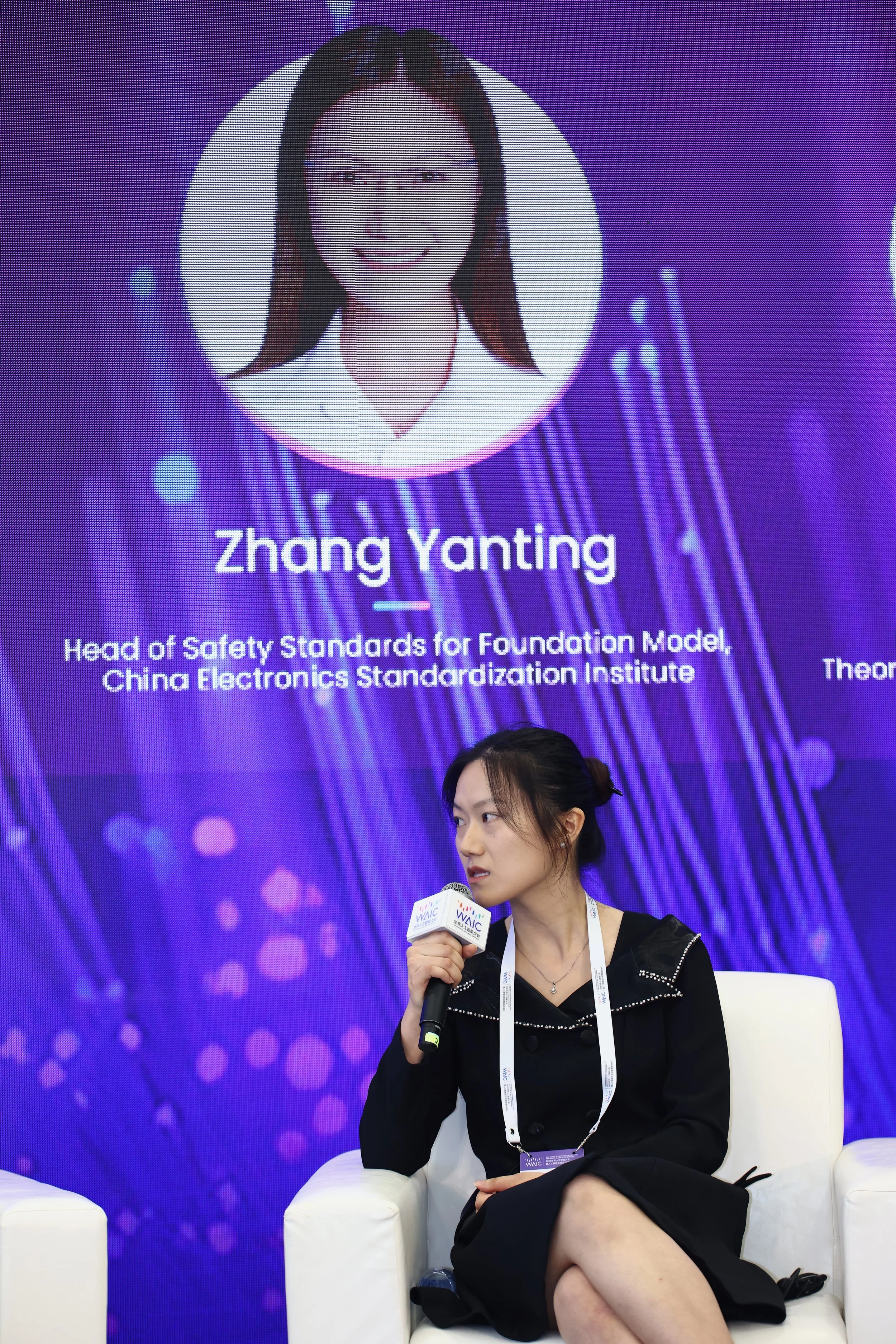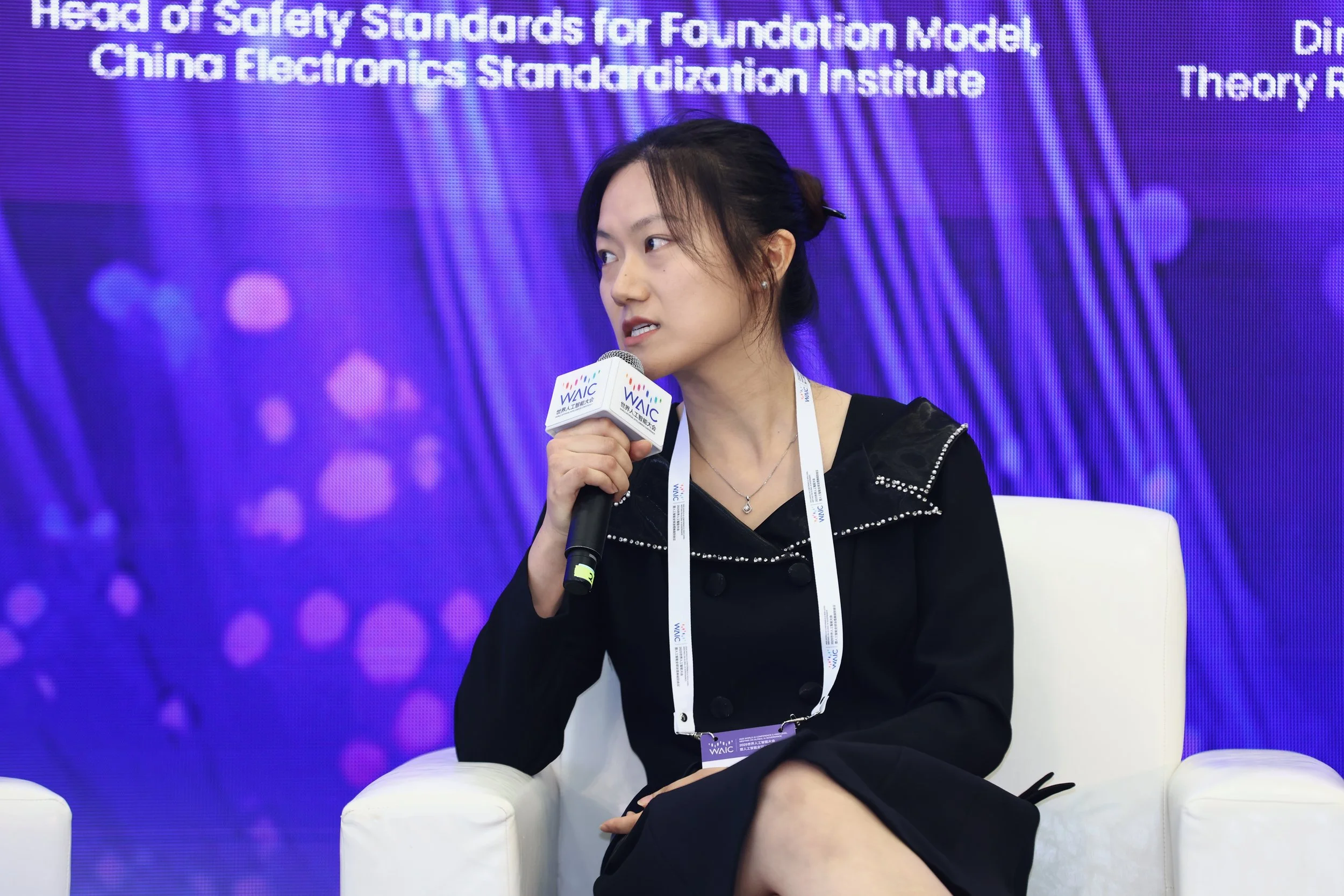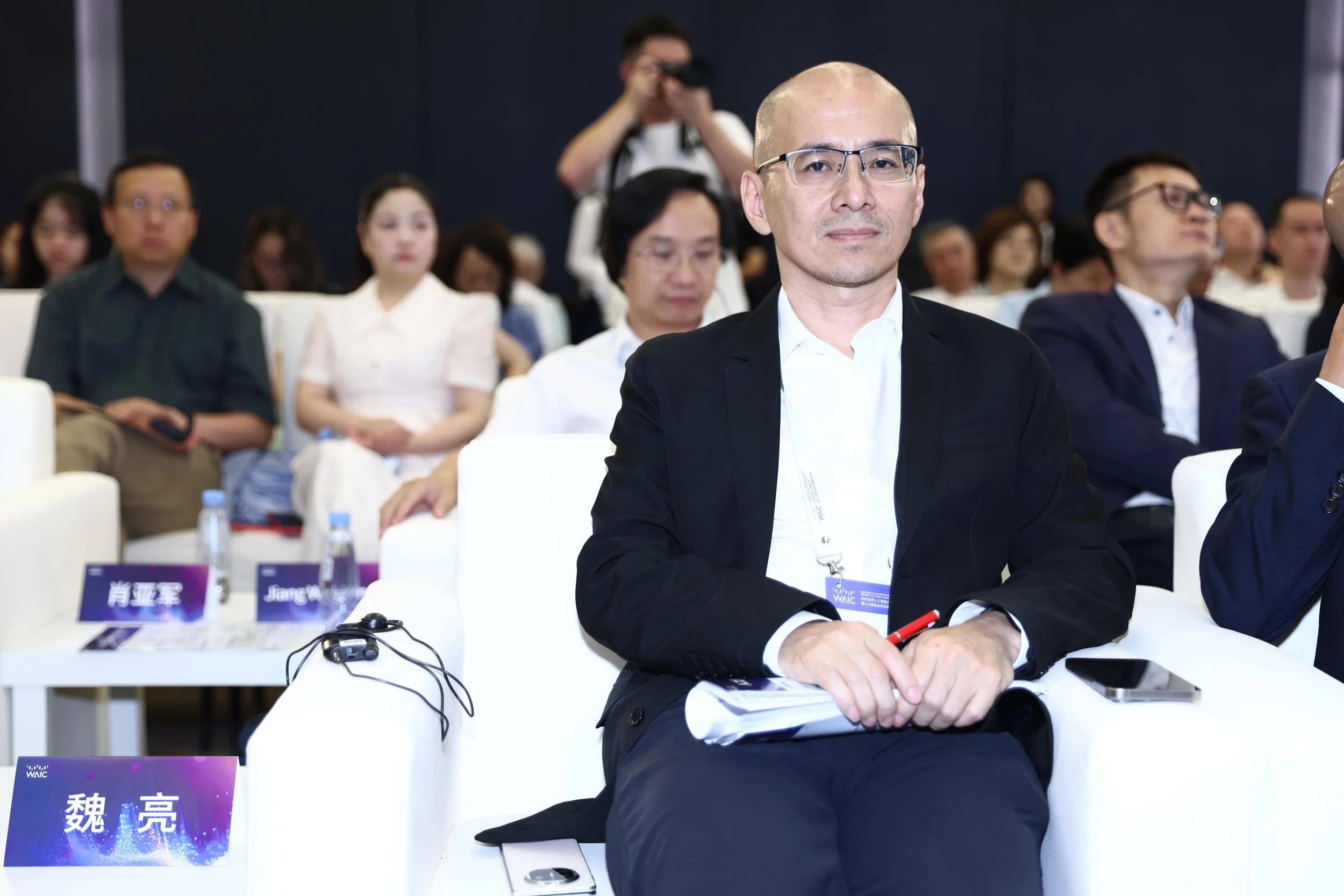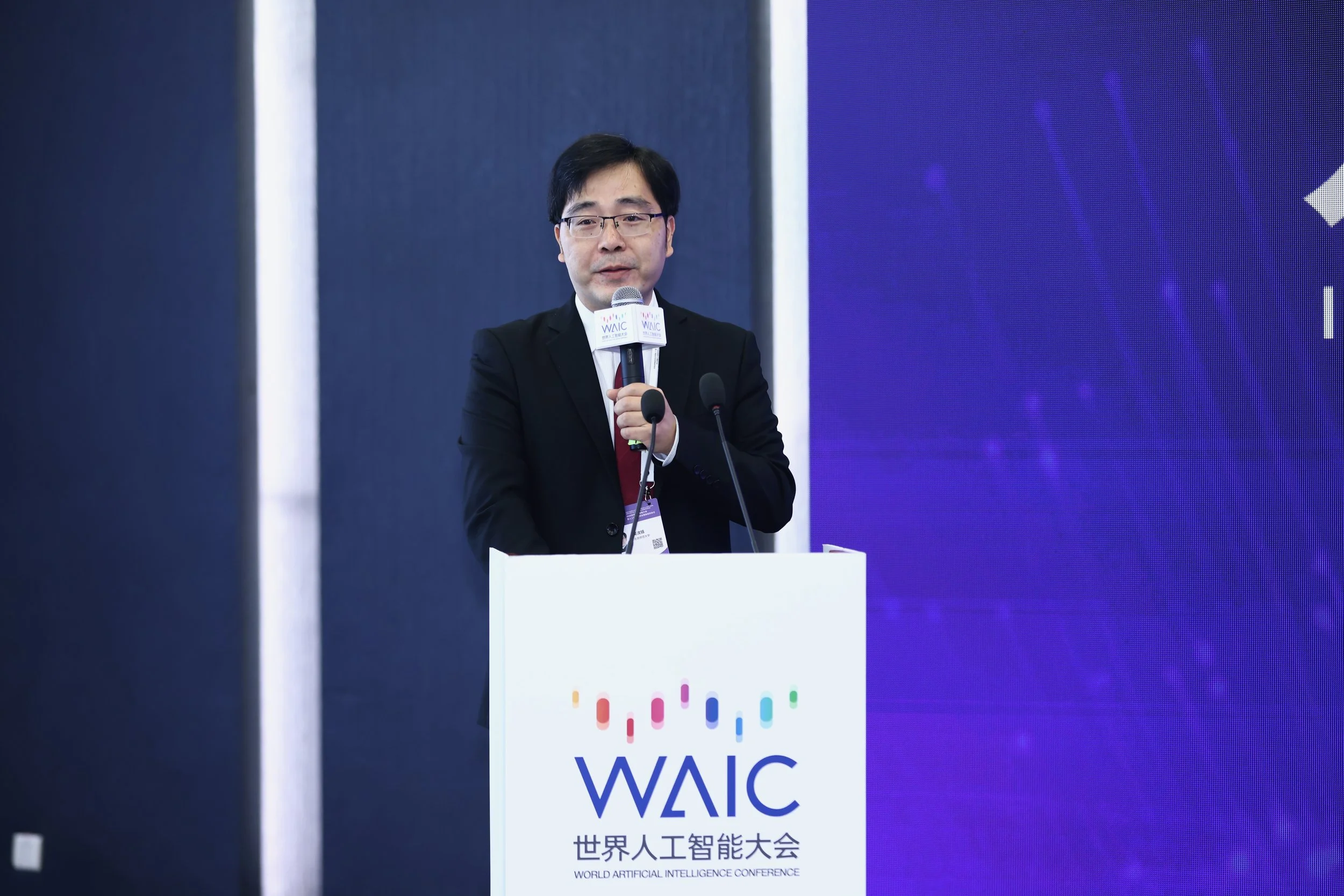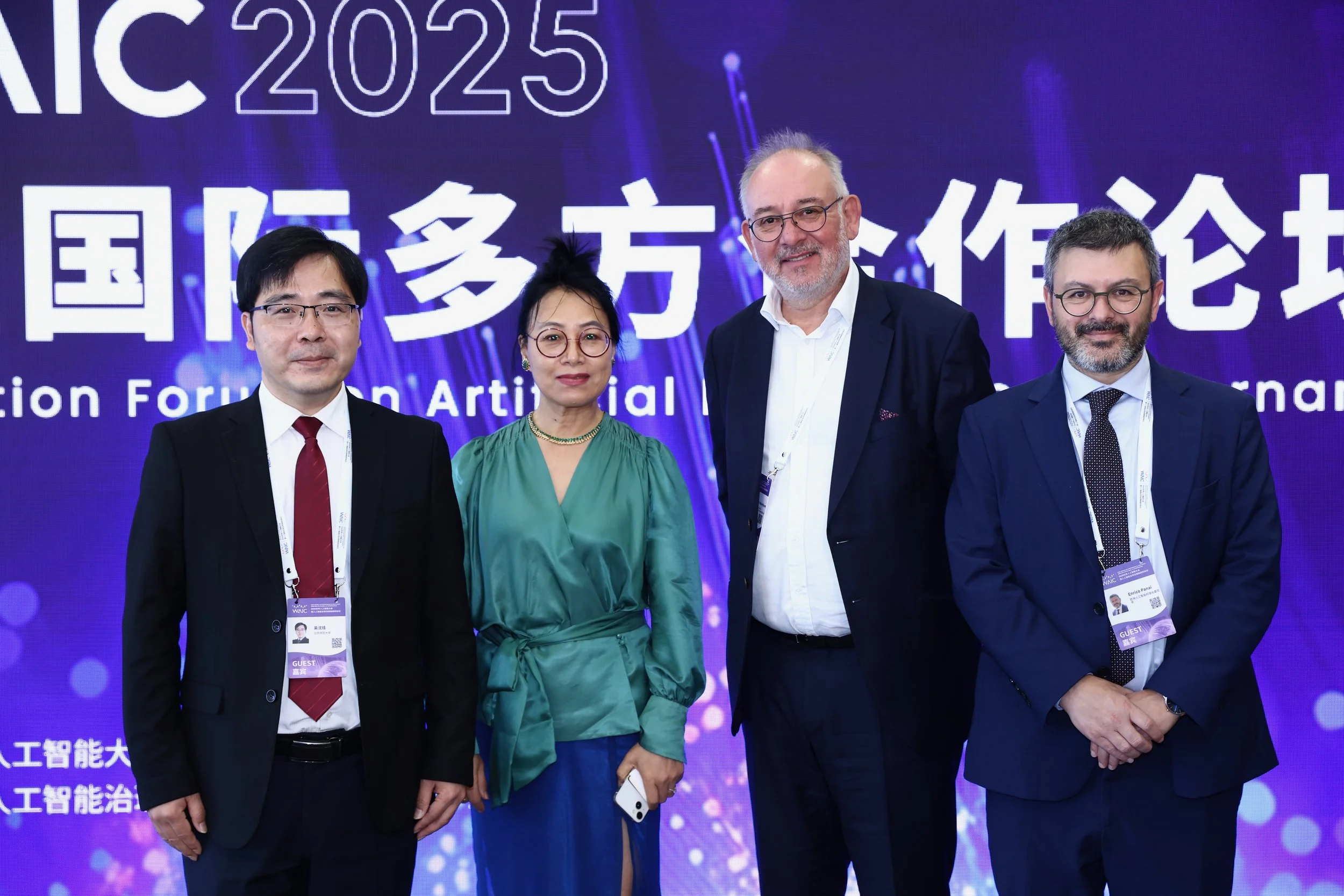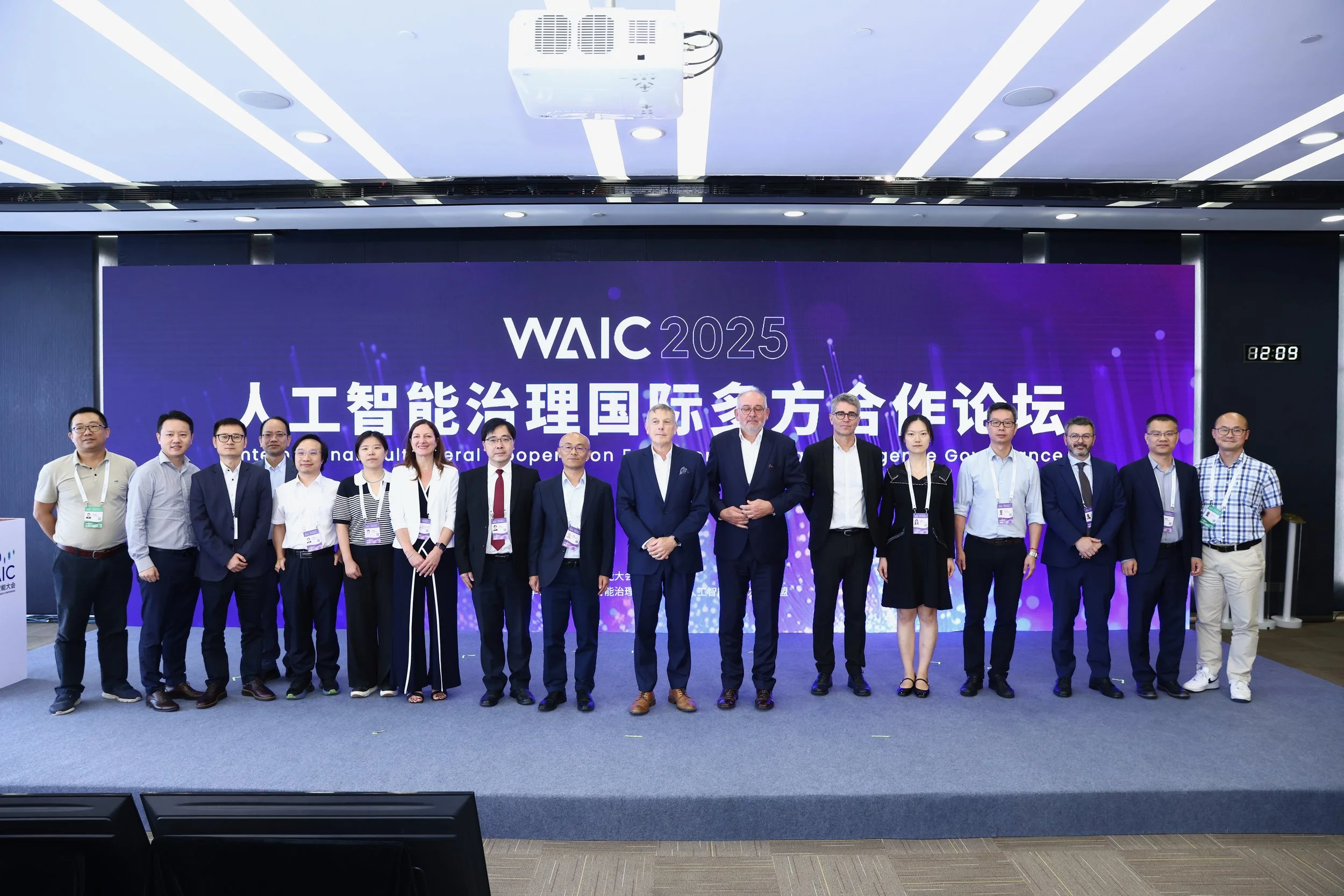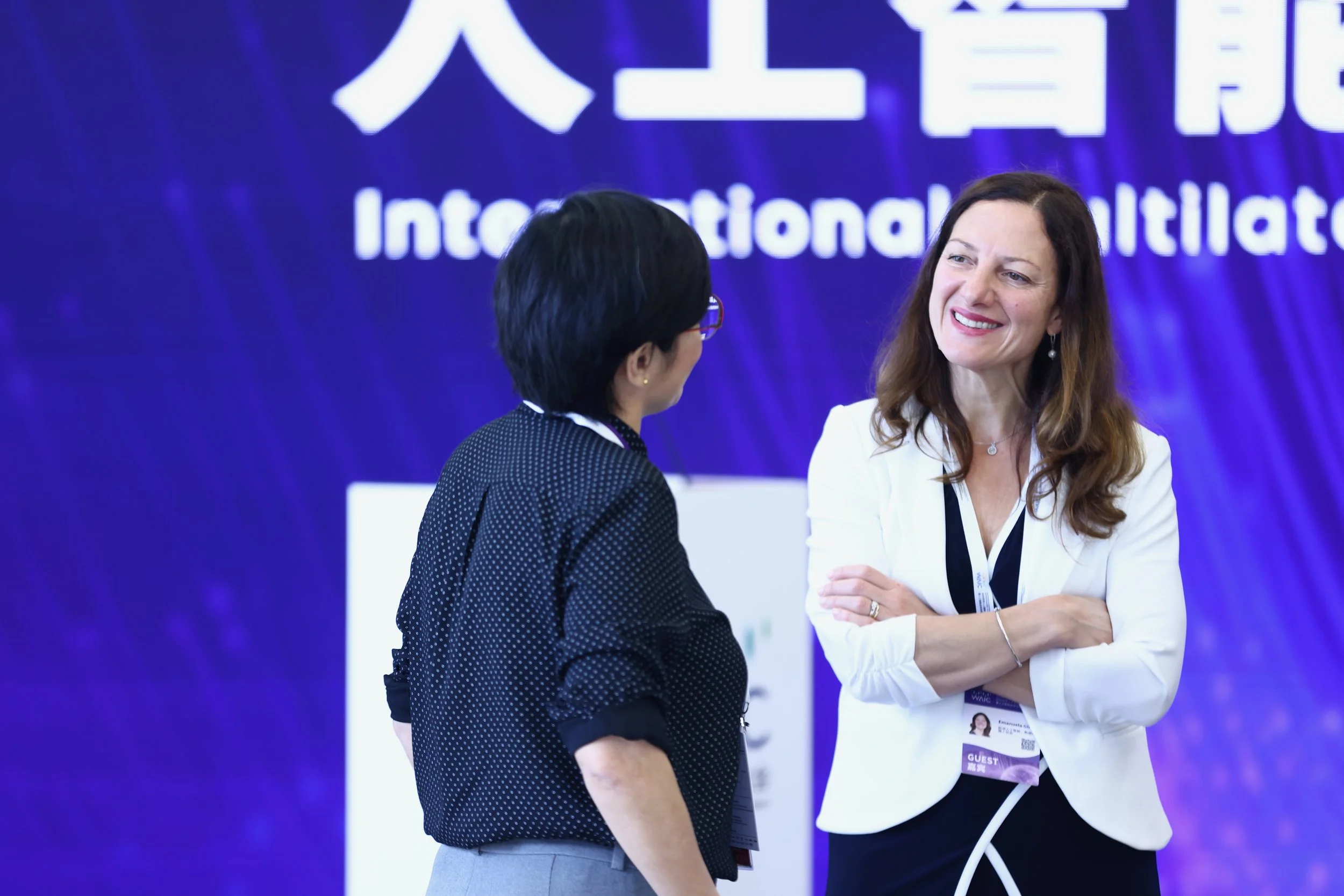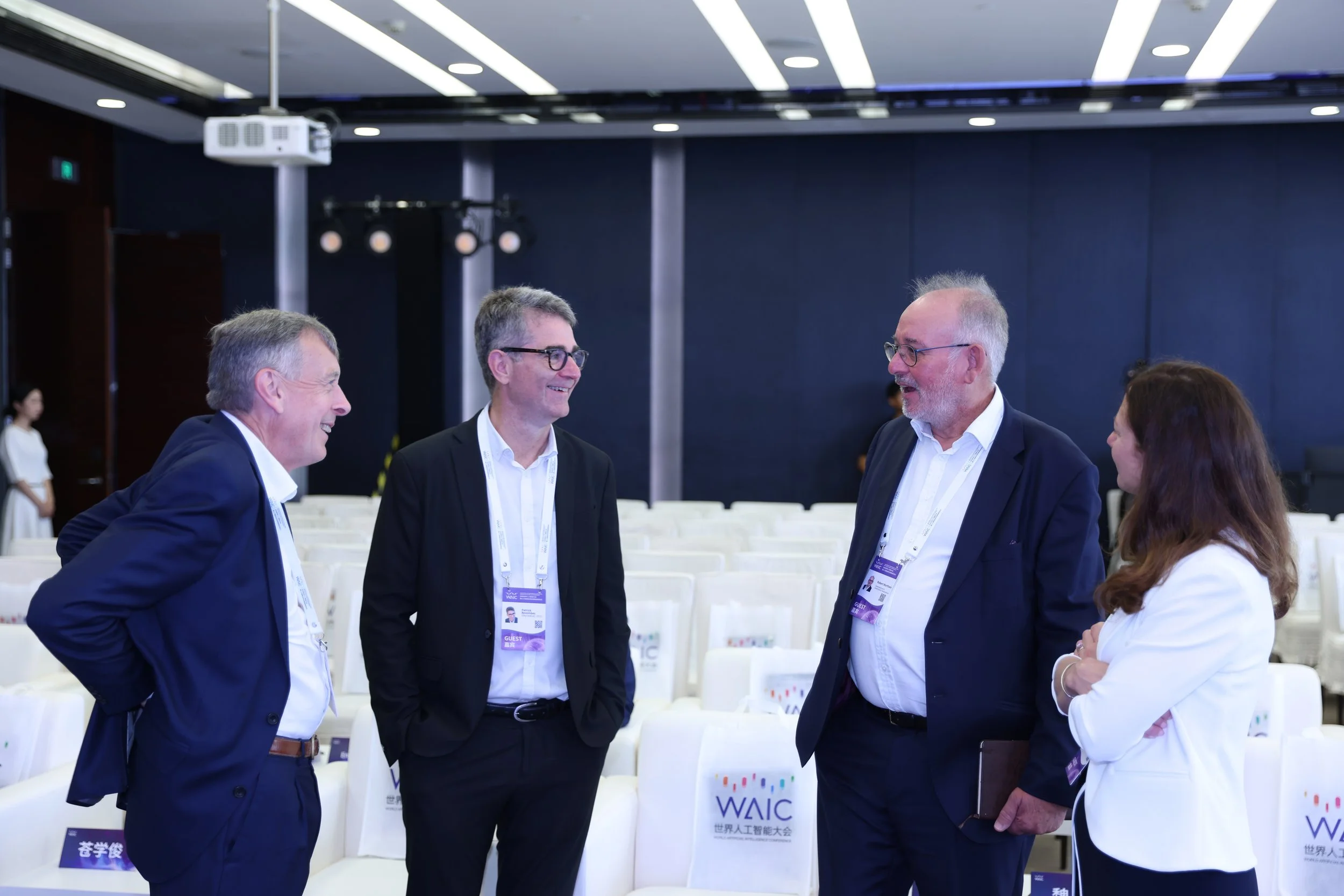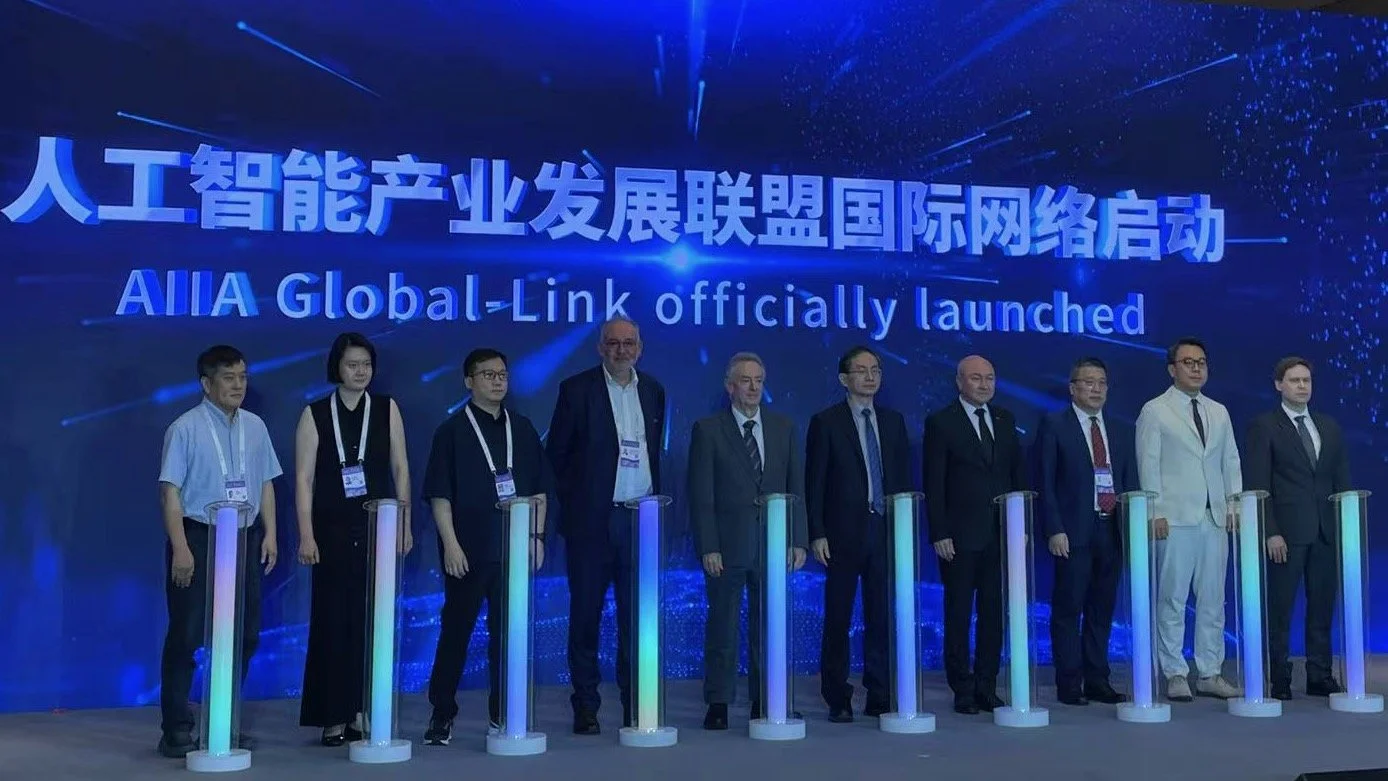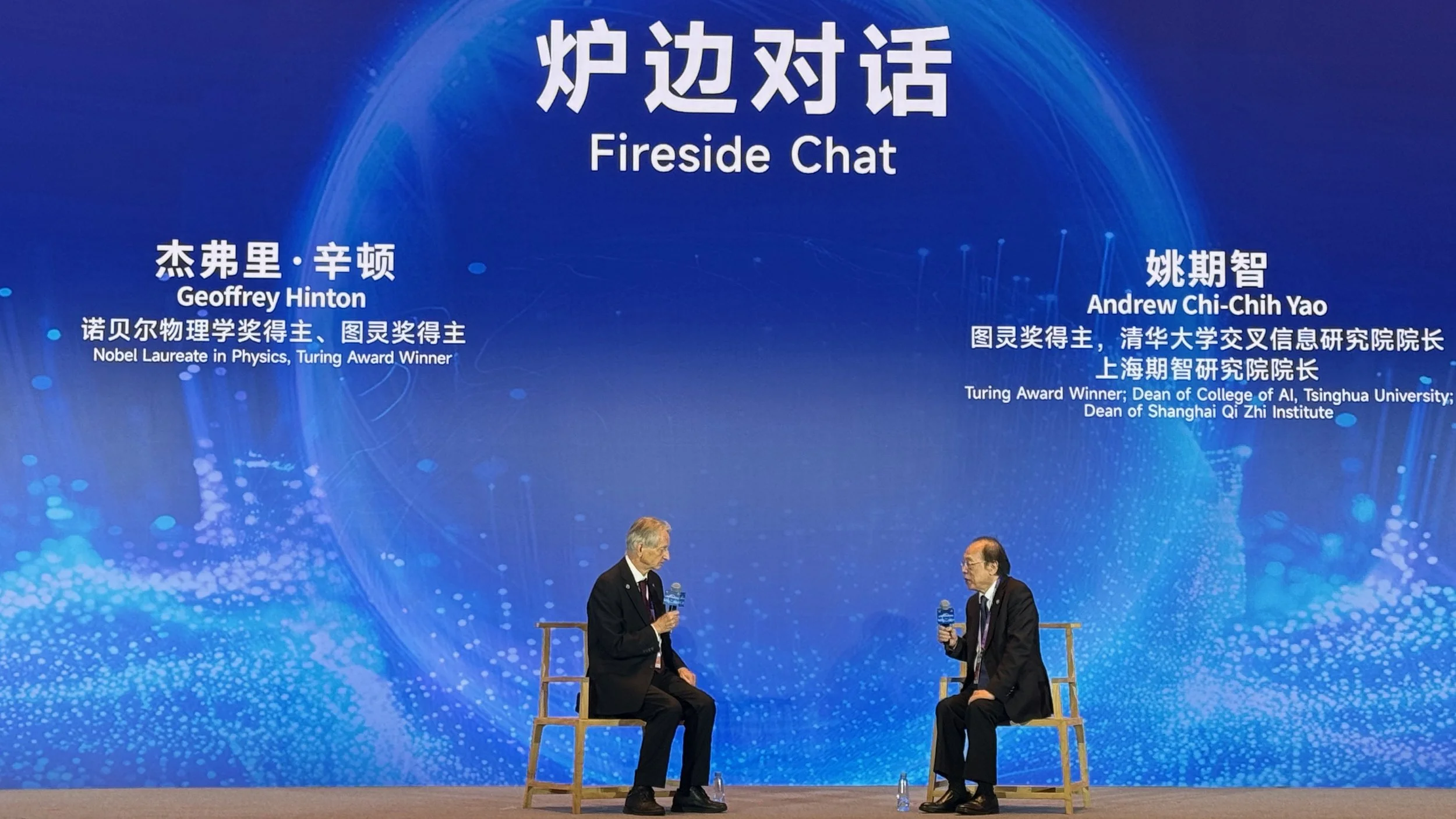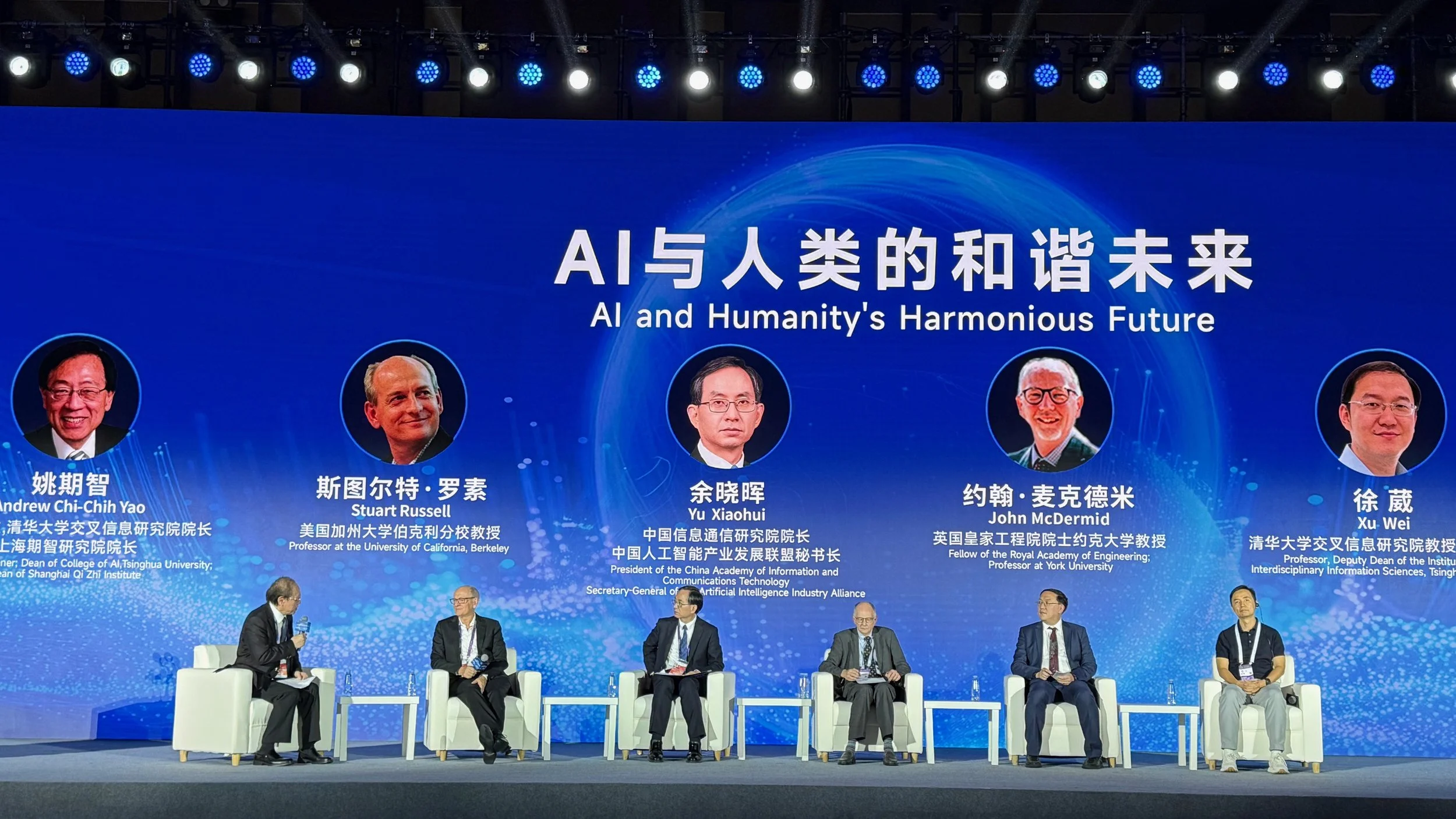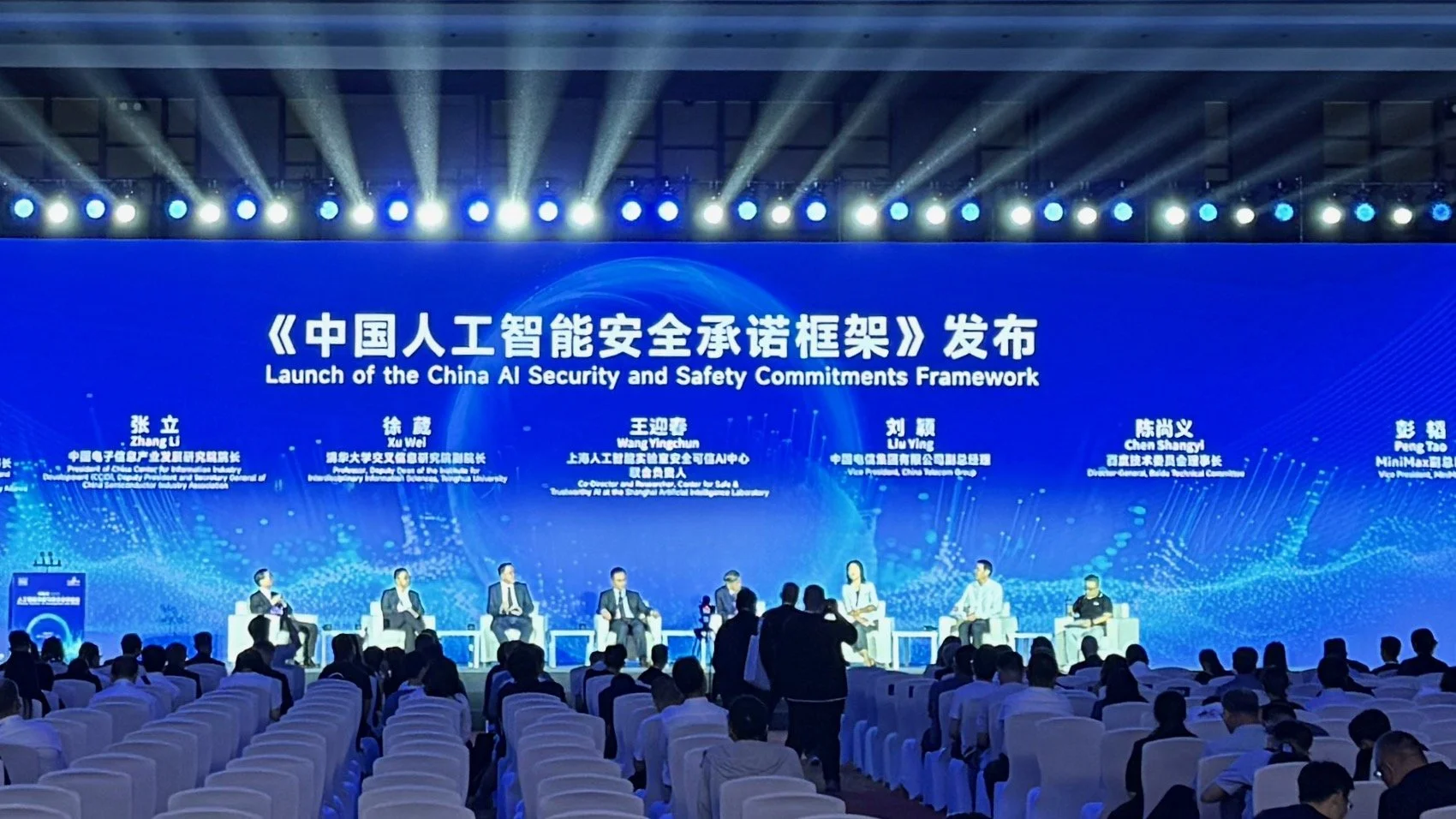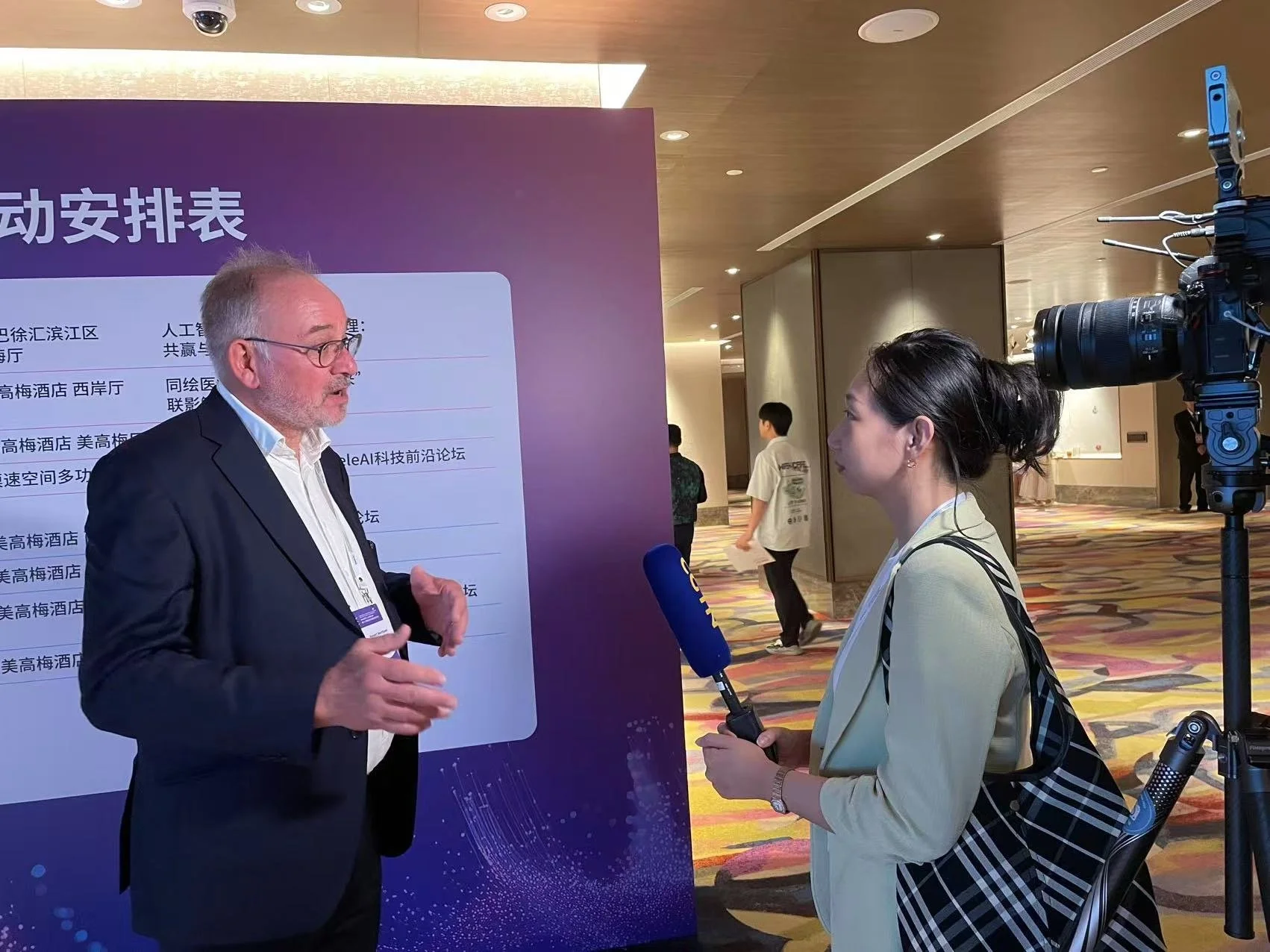IAGA at WAIC Shanghai
International Multilateral Cooperation Forum on AI Governance
The International Multilateral Cooperation Forum on Artificial Intelligence Governance took place on Sunday 27th July 2025, as part of World Artificial Intelligence Conference (WAIC) 2025 in Shanghai, 26th - 28th July.
WAIC is one of the most influential AI events within the global tech, science, and industry ecosystem. WAIC has been held in Shanghai annually since 2018, and brings together the world’s most influential scientists, entrepreneurs, government officials, representatives of international organisations, investors, and startup teams in the field of artificial intelligence. It has become a vital platform and showcase for global AI academic exchanges, industry collaboration, exhibition displays, and partnership negotiations.
The forum was jointly organised by The International AI Governance Association (IAGA) and the China Artificial Intelligence Industry Development Alliance (AIIA) - an initiative of CAICT. The forum was jointly chaired by John Higgins CBE Chair of Global Digital Foundation and former Director General of Digital Europe, and Wei Kai, Secretary-General and Member of the Artificial Intelligence Standard Committee of the Ministry of Industry and Information Technology and Leader of the General Team of the China Artificial Intelligence Industry Development Alliance (AIIA). Full details of the agenda are available here.
Speaking at the forum, Zhou Ruikang, Vice Director of Cybersecurity Research Centre at China Electronics Standardisation Institute (CESI) announced details of the upcoming standard GB 45438-2025 - Labeling method for content generated by artificial intelligence. This new standard will come into force in China from 1st Sept 2025 and requires all AI generated content to be appropriately labelled.
Patrick Bezombes, Vice-chair of CEN-CENELEC JTC21, explained the multi-layered nature of AI governance, operating at international, regional, national and oganisation levels. He explained how governance of AI at each level incorporates requirements, rules, roles, responsibilities and assessment mechanisms, all in support of creating trust in AI technologies and products.
Wan Sie Lee, Cluster Director (AI Governance & Safety) at IMDA Singapore, highlighted the need to create a trusted AI ecosystem, to maximise societal and economic benefits. Wan Sie explained the rigorous testing of AI taking place in Singapore using agreed standards and frameworks, such the work carried out by the AI Verify Foundation.
Emanuela Giradi, President of ADRA, presented the newly released Code of Practice (CoP) for general purpose AI (GPAI). The CoP is a voluntary tool that translates the EU AI Act's risk-based approach into concrete, actionable guidance for GPAI providers. It is perhaps the first AI regulatory ‘playbook’ bridging the gap between policy and implementation, helping companies navigate compliance in fast-moving global markets.
Wei Kia, Director of AIIA at CAICT, made the important point that while regulatory frameworks that we see emerging today are mainly aligned on risk-based approaches, with AI risk level categorised by application, this alignment does not yet sufficiently facilitate the development of practical playbooks that organisations could follow to achieve regulatory compliance across multiple jurisdictions. We have yet to standardise a methodology for risk categorisation.
Enrico Panai, Convenor of JTC21 WG4, explained work within JTC21 to consider the particular issues of regulating AI within critical digital infrastructure, such as within telecommunications. Currently in Europe there is significant regulatory overlap and uncertainty regarding safety components that use AI technologies. It is hoped that this can be resolved as the current situation is causing some concern, particulary in the telecoms industry.
John Higgins moderated a panel discussing latest AI governance industry practice. John was joined by Enrico Panai, Ruan Dazhi - Secretary-General of Shanghai V2X Association, Zhang Yanting - Head of Safety Standards for Foundation Models at CESI and Xiaozhen Wang - Director of the Trustworthiness Theory Research Center (TTRC) at Huawei. The panellists discussed the current challenge to create ‘playbooks’ that operationalise AI governance practice, given the fragmented nature and immaturity of underpinning AI regulation.
Having heard all the expert keynotes and panel discussions, a key message from the forum is that we must seek harmonisation at higher AI governance levels to facilitate AI governance at organisation level, particularly for multi-national product and service organisations operating in multiple international markets. Currently these companies have to negotiate a complex web of regulations and standards. We must make efforts to reduce fragmentation and reduce the cost of compliance. IAGA is committed to taking this mission forwards.
Announcing the launch of IAGA’s AI Governance and Assurance Global Trends Report 2024-25, Dr Rob Wortham explained that the report in divided into two sections: Firstly it covers initiatives by global organisations and regional groups such as the UN, OECD, EU and BRICS. Secondly it provides an analysis of regional and national regulatory developments by global region. The report is now available for download as an IAGA Publication.
Also at the forum, a memorandum of understanding (MOU) was signed between IAGA and AIIA and the Shanghai V2X (Vehicle to Everything) Association, represented by Mr Cang Xuejun (pictured below).
The International AI Governance Association would like to thank all speakers and panellists for their valuable contributions to this forum.
Wider Participation at WAIC
On the evening of the 27th July, John Higgins and Rob Wortham represented IAGA at an informal roundtable event jointly hosted by AIIA and IAGA. The roundtable was led by Naying Hu, Head of the Governance Group at the Security, Safety and Governance Committee of AIIA, and entitled the ‘International Multi-Party Chat on AI Governance and Standardisation Process’. It was a stimulating opportunity to discuss the latest developments in AI risk analysis and regulation, together with challenges in the development of international AI governance standards and processes.
IAGA has joined the international AIIA Global-Link community, see photo below. We also had the opportunity to attend the launch of the China AI Security and Safety Commitments Framework. We heard Nobel laureate Geoffrey Hinton and Turing Award winner Andrew Chi-Chih Yao discuss AI risk and possible future AI developments, together with a panel including Prof Stuart Russell and Yu Xiaohui - President of CAICT, focussed on the possibilities for a ‘Harmonious Future’ with AI. Further details of the China AI Security and Safety Commitments Framework will be included in a future issue of the IAGA newsletter.
Finally, China Global Television Network ran a story about WAIC, including an interview by Rob Wortham. See the story here and the interview here on YouTube.



